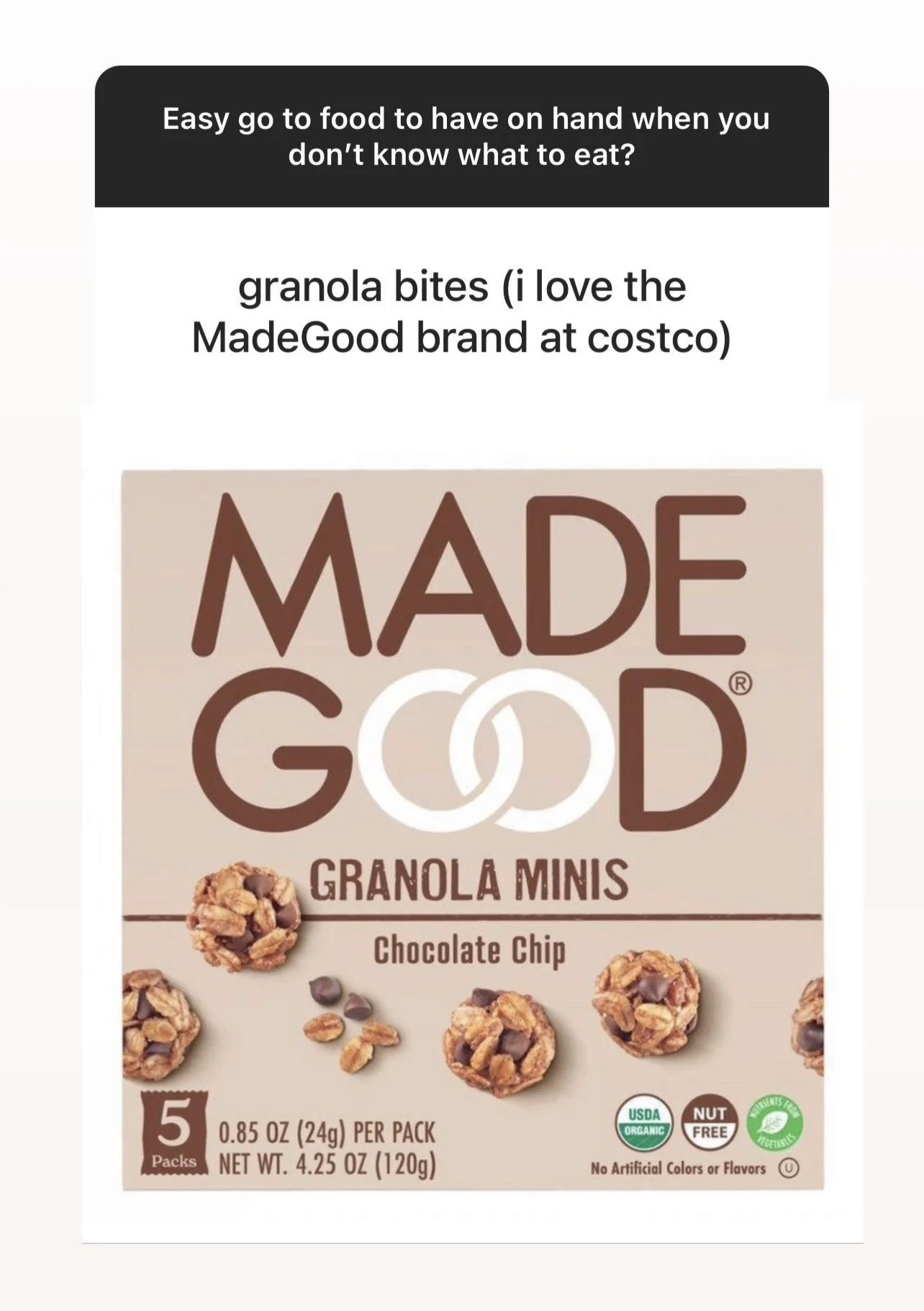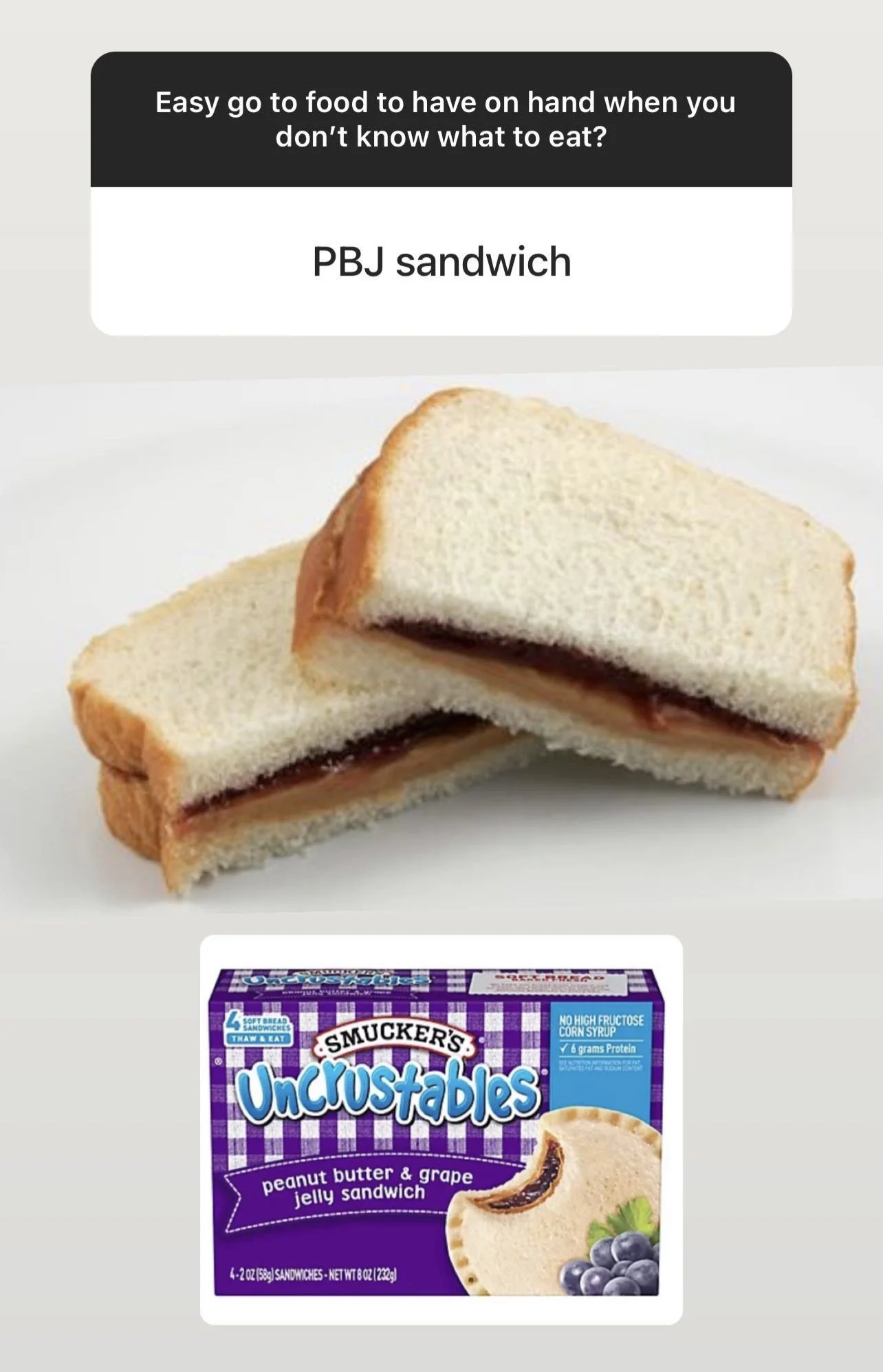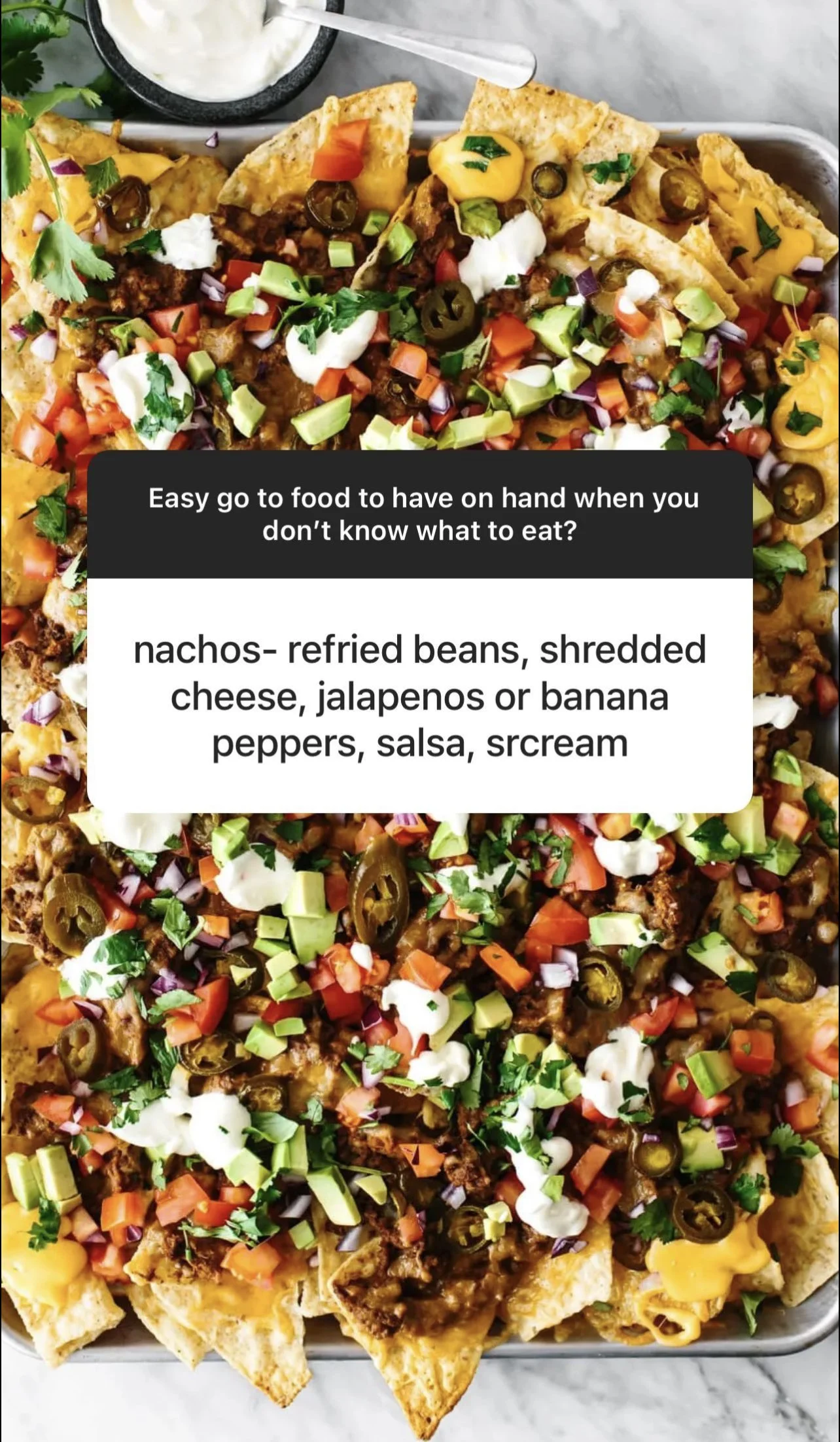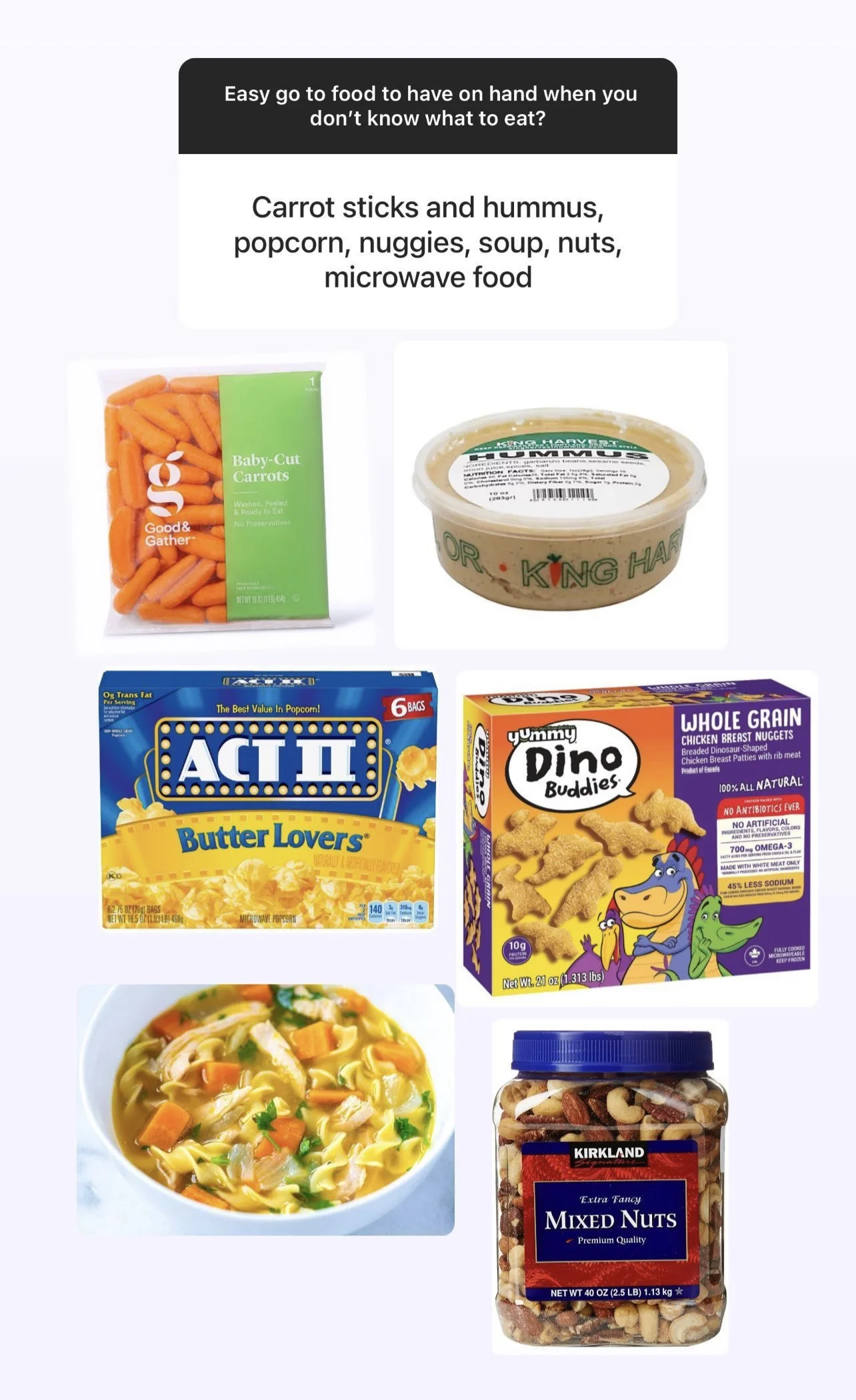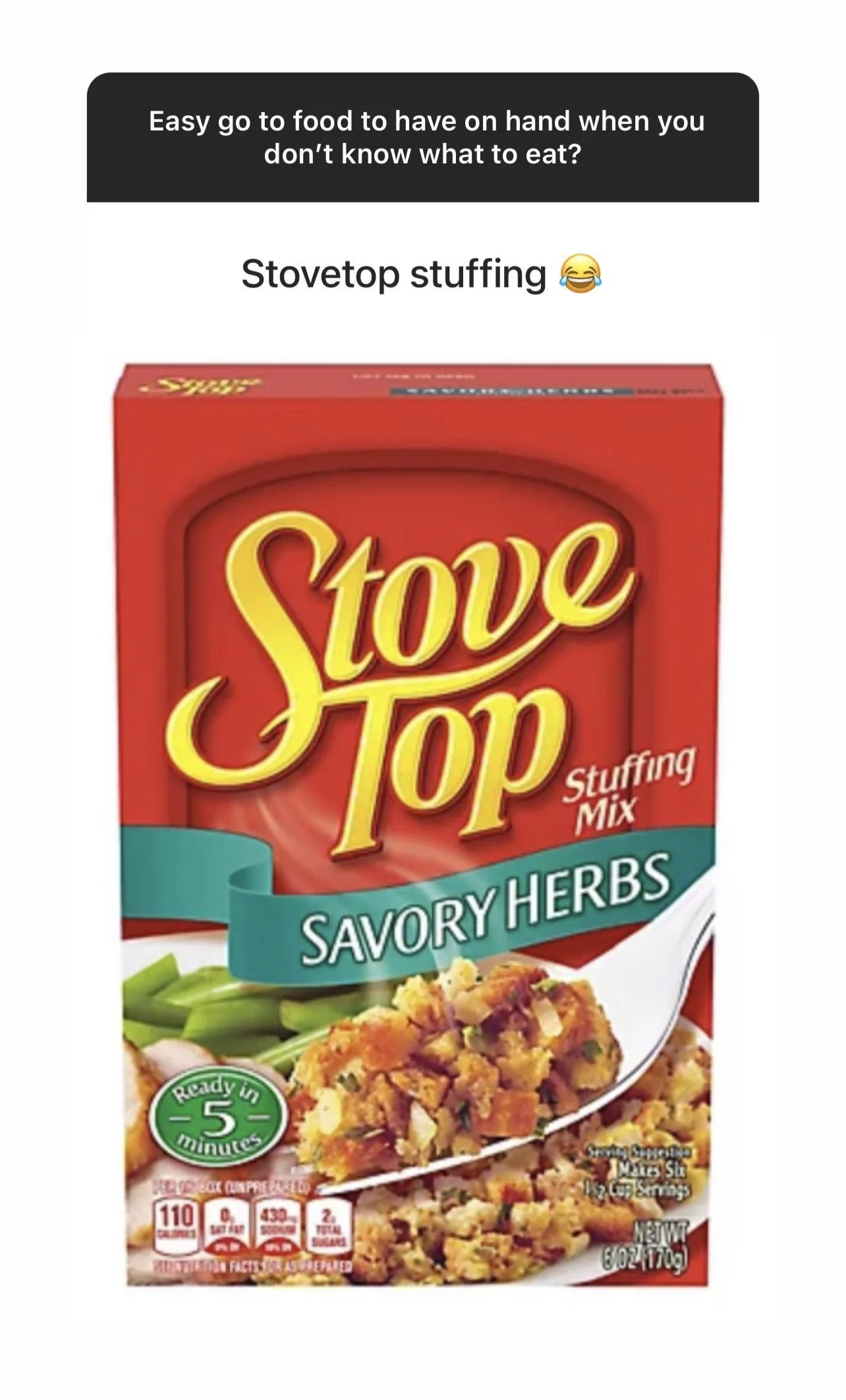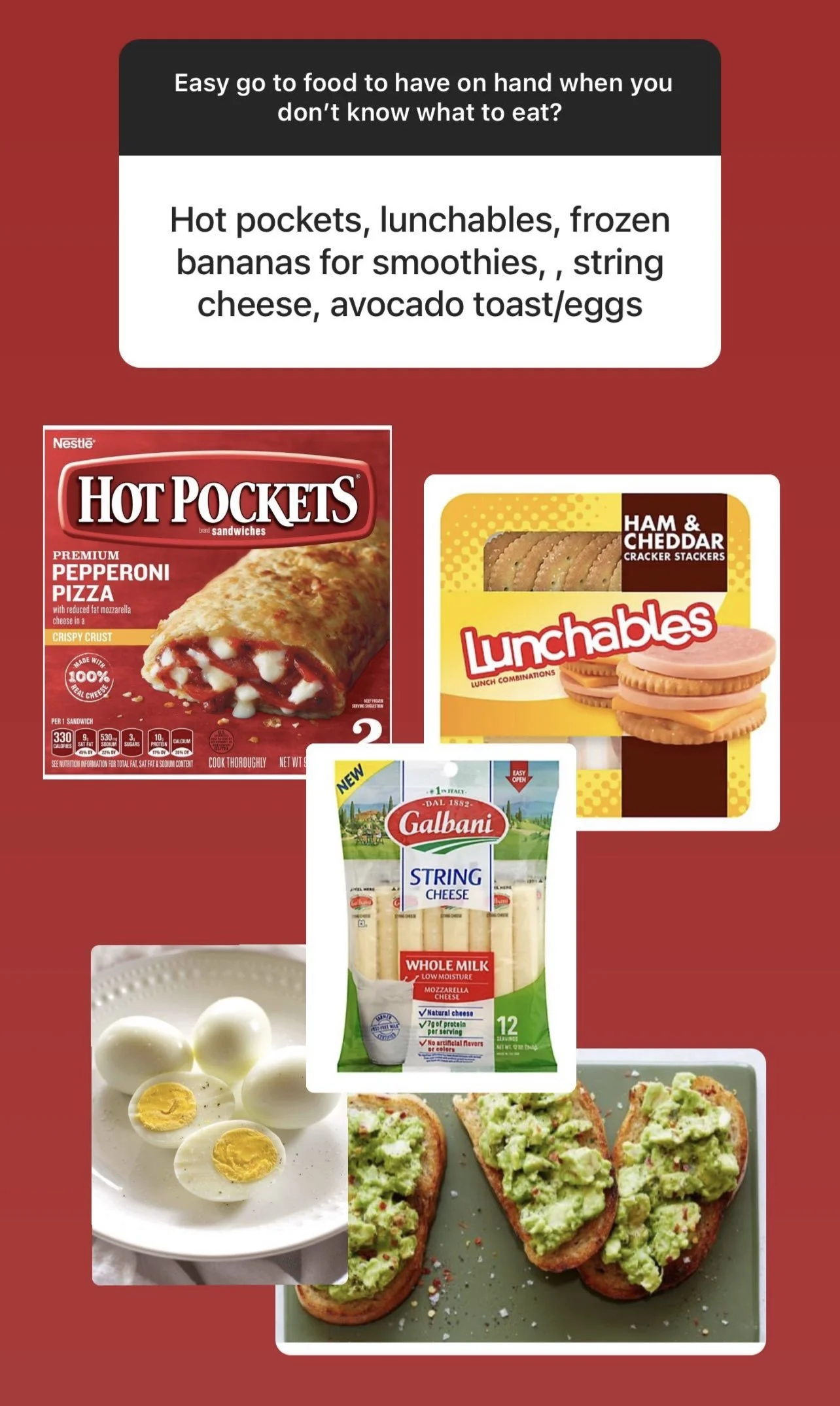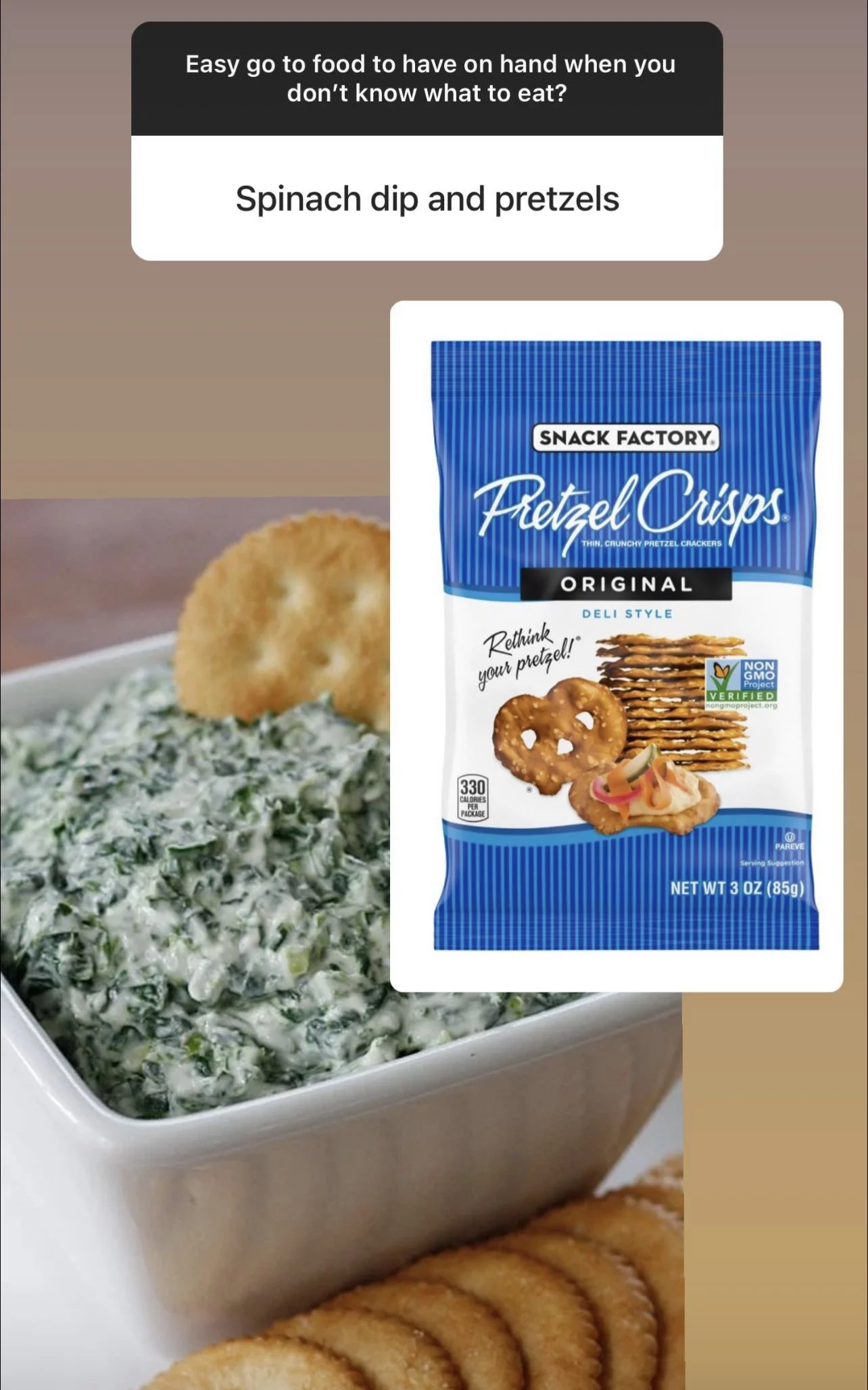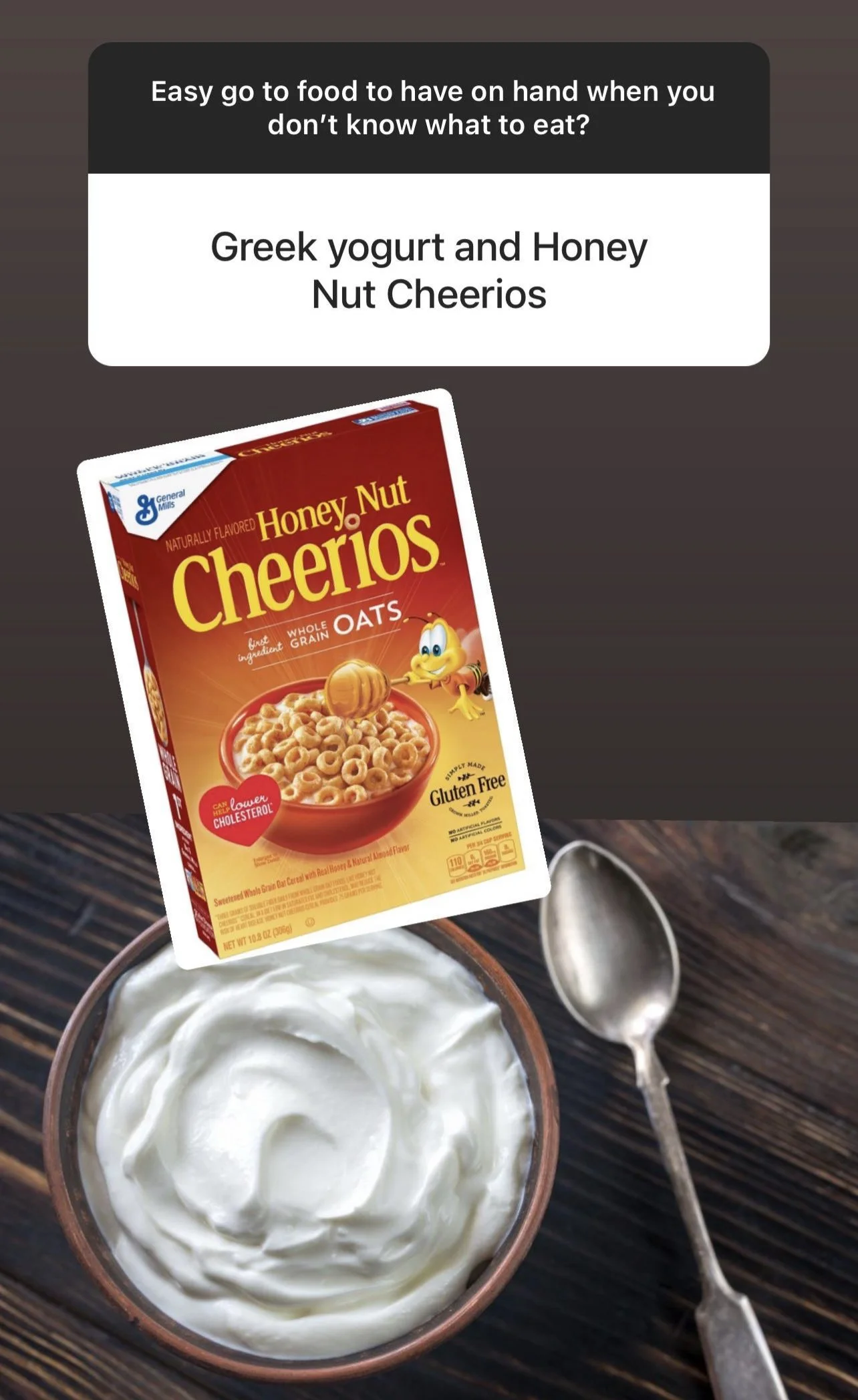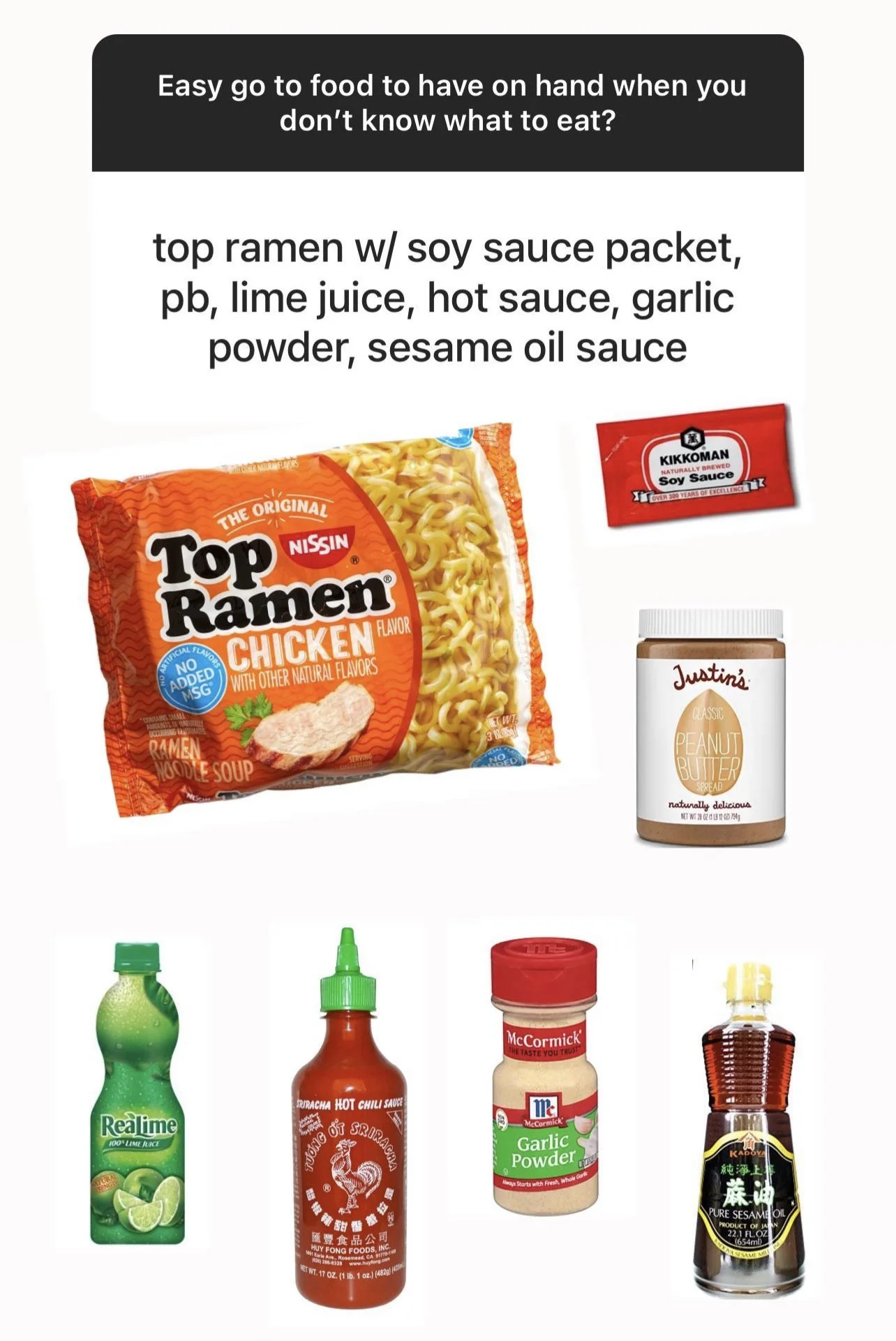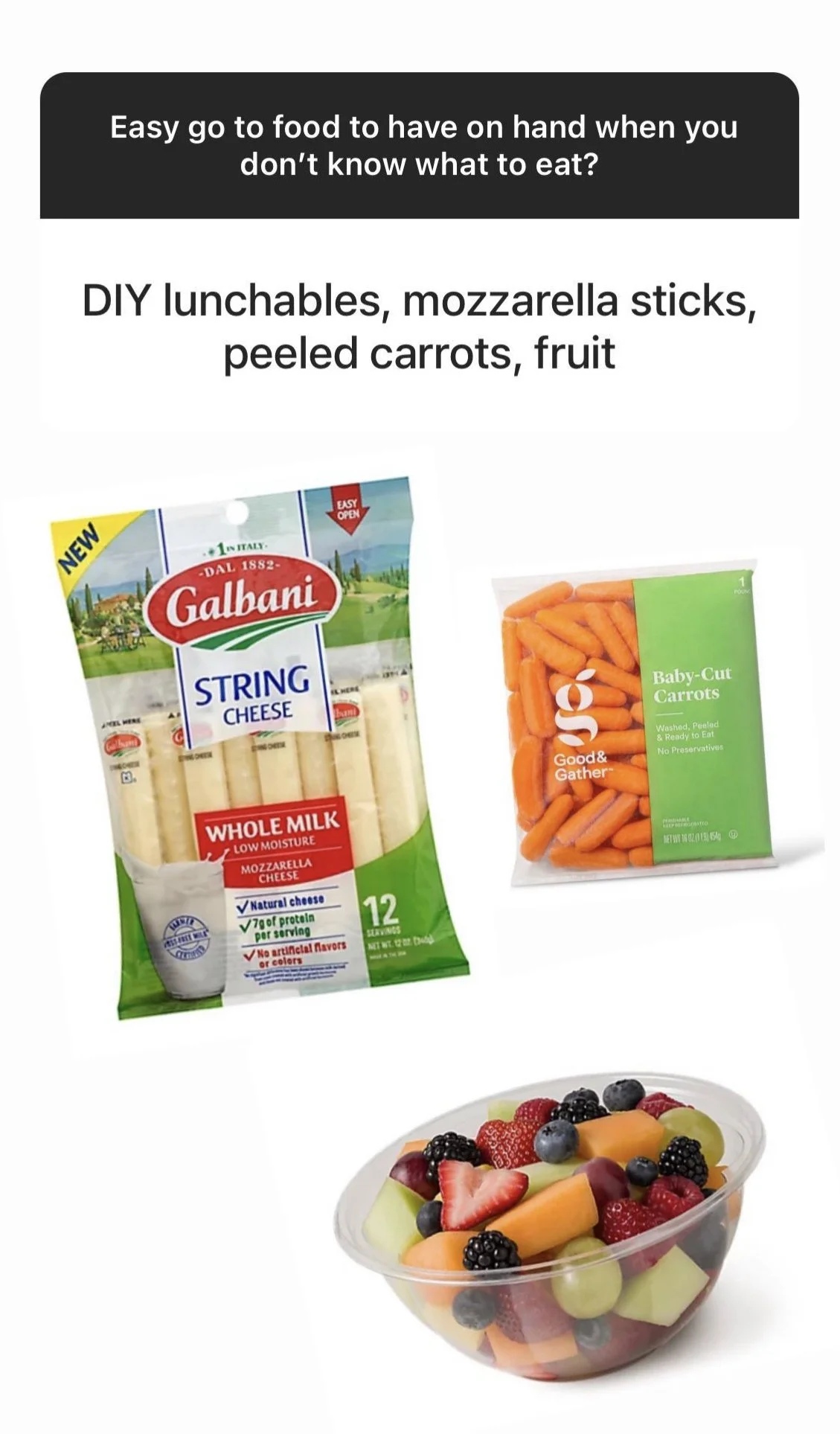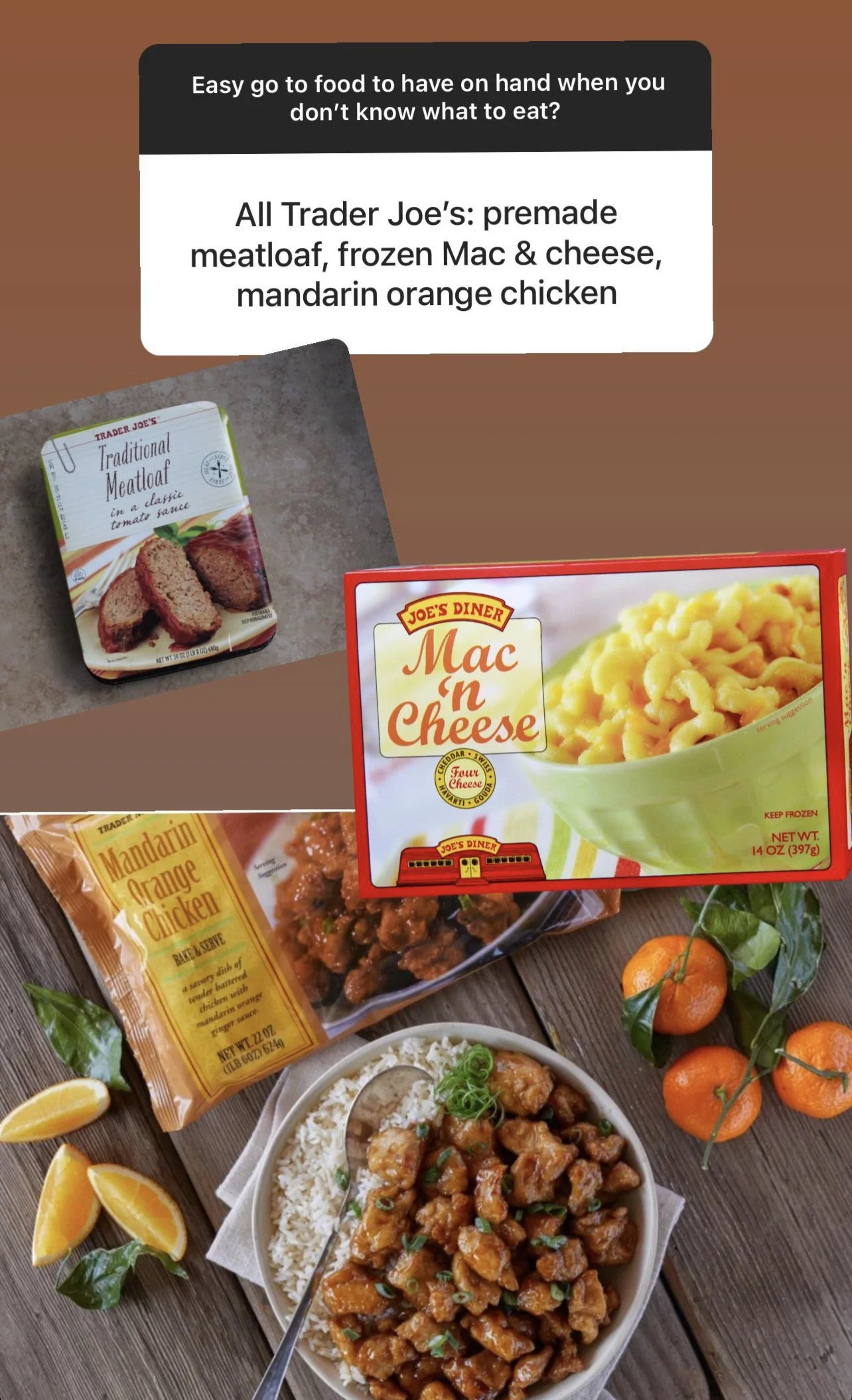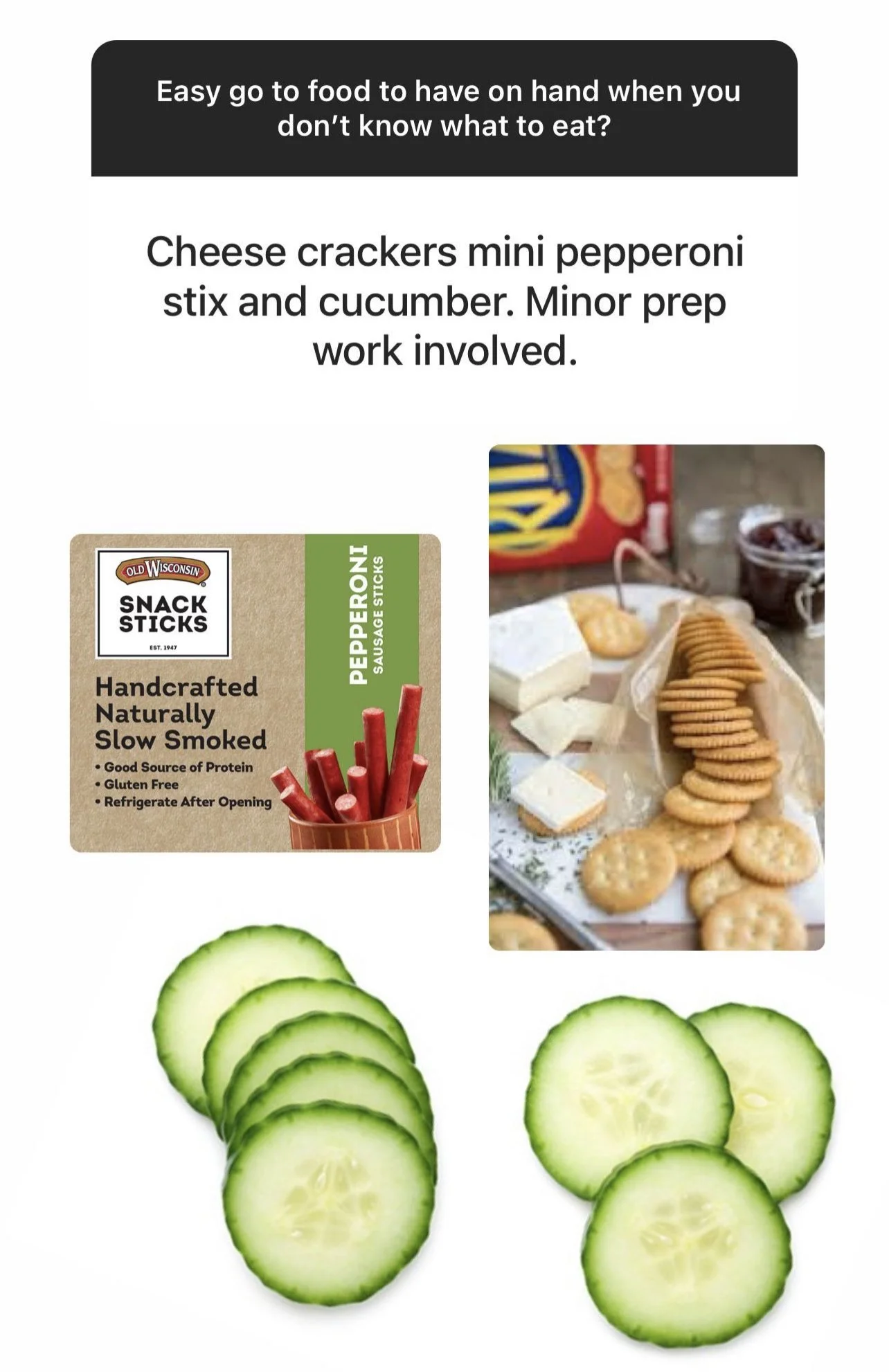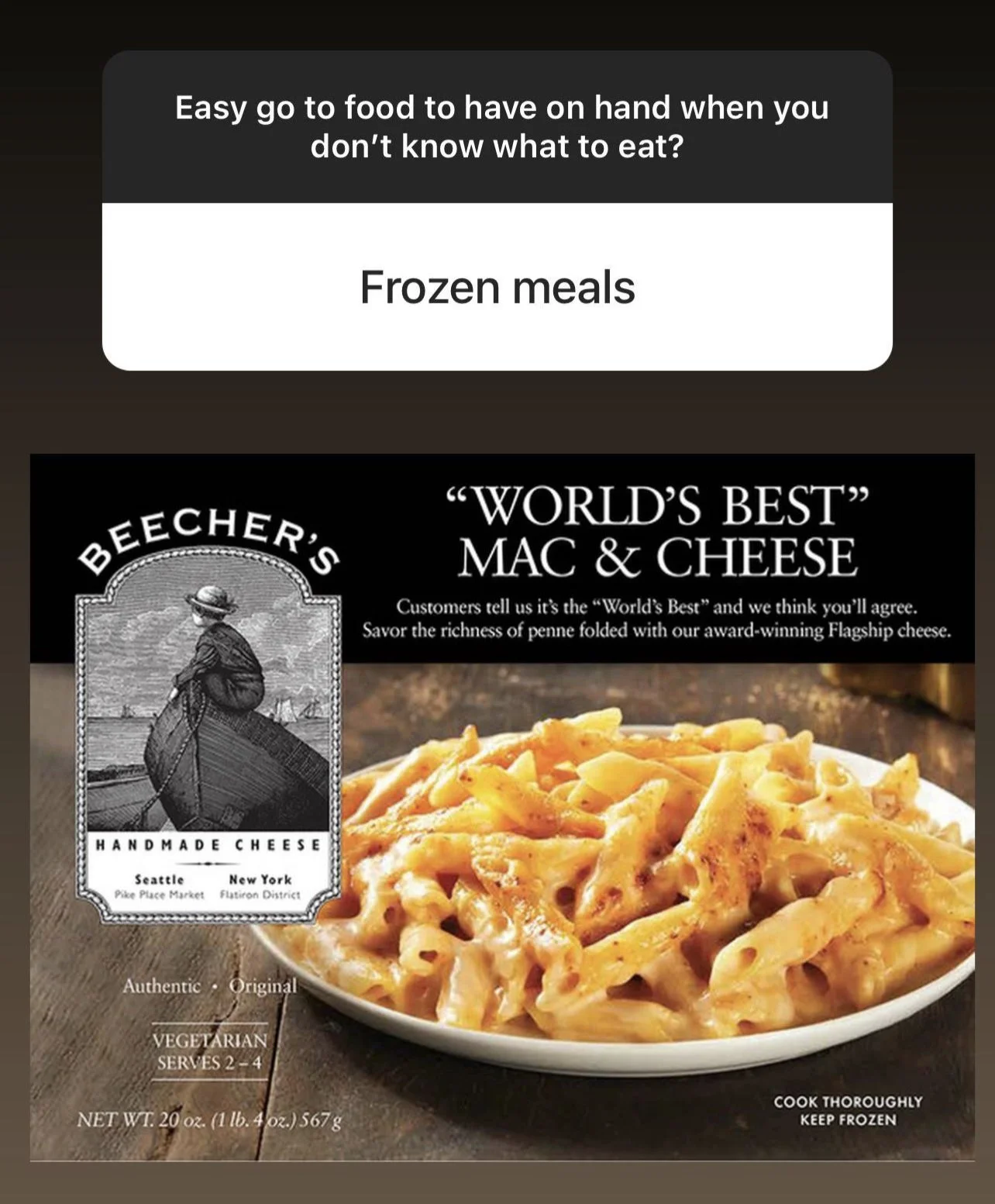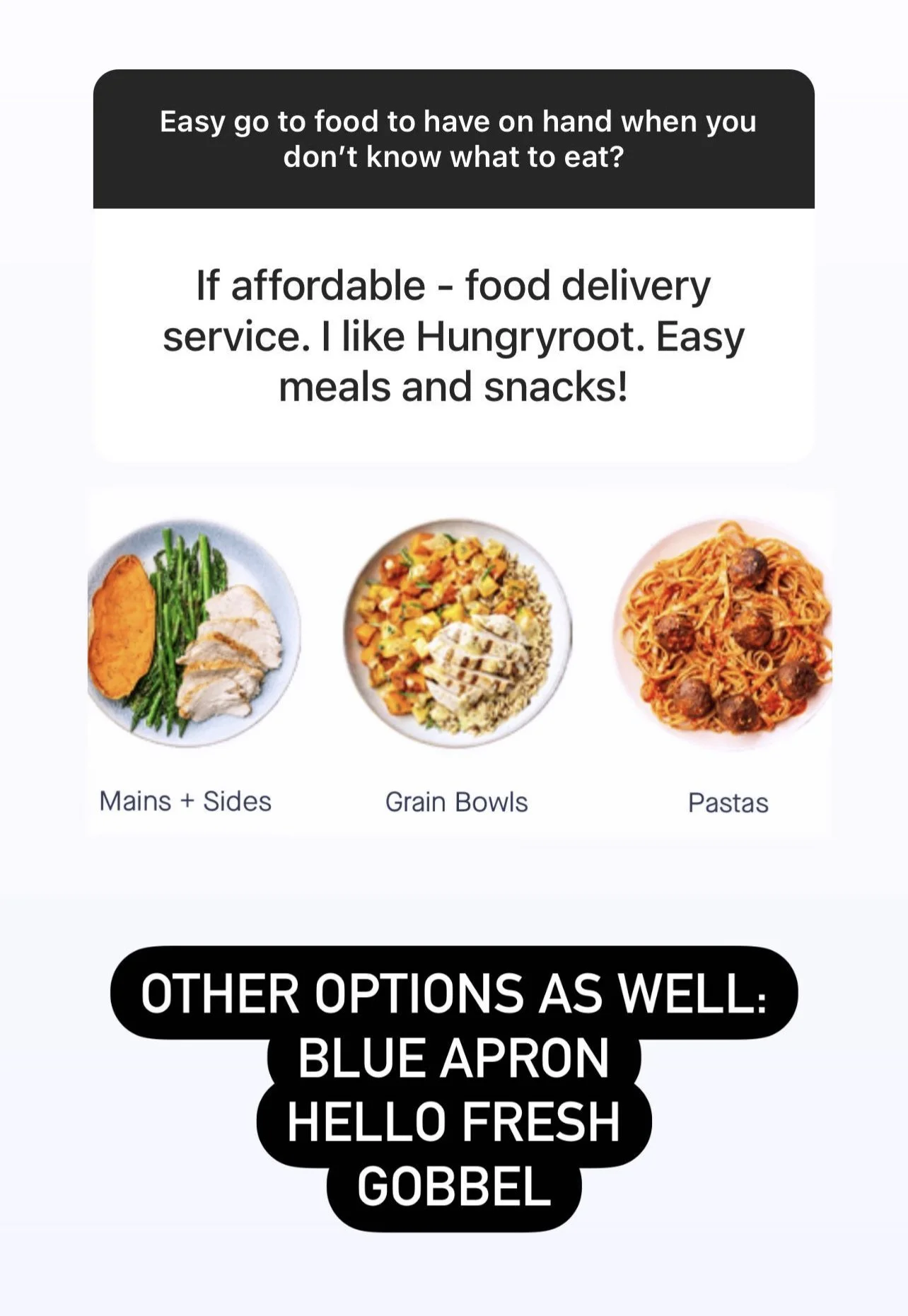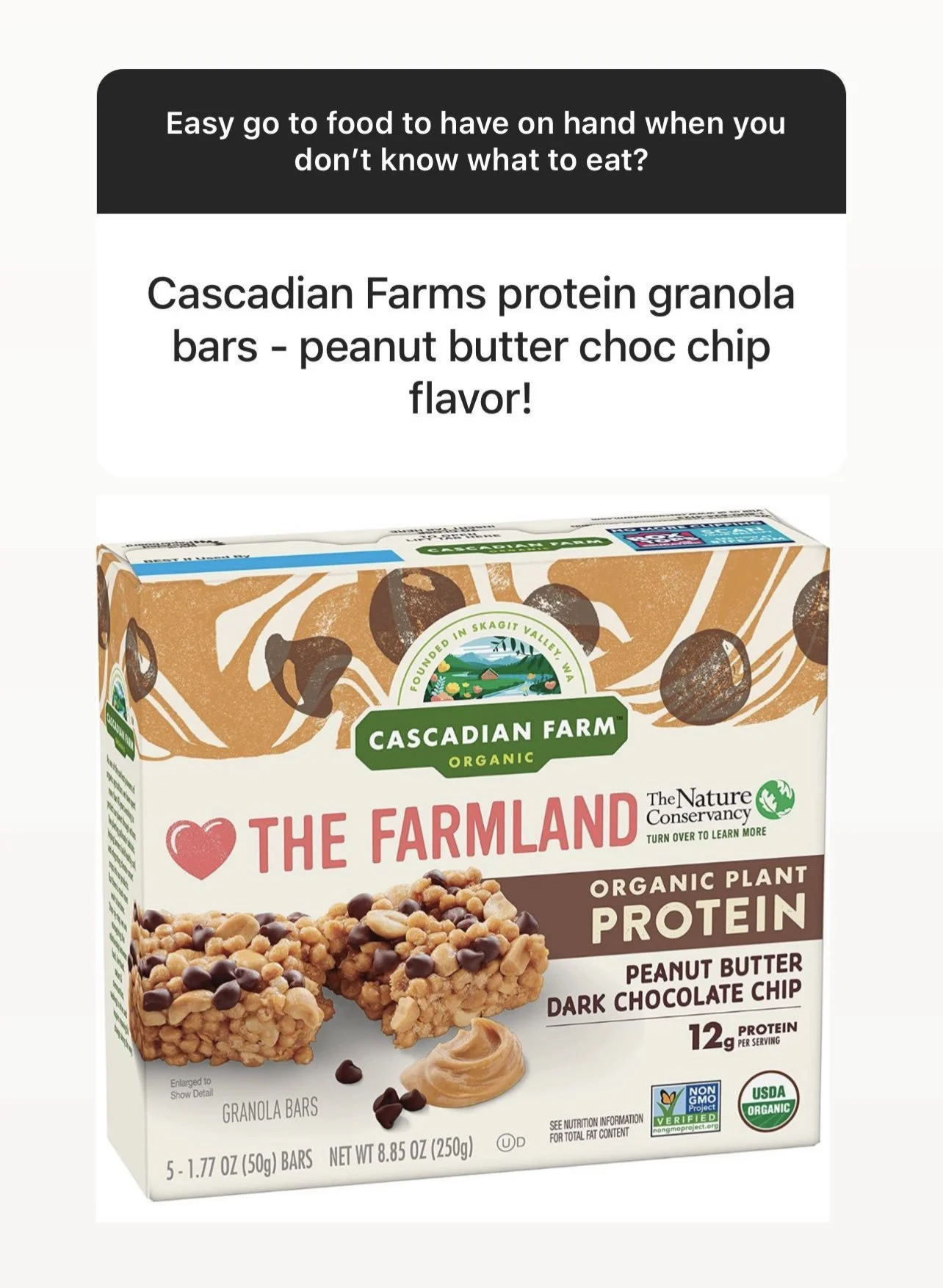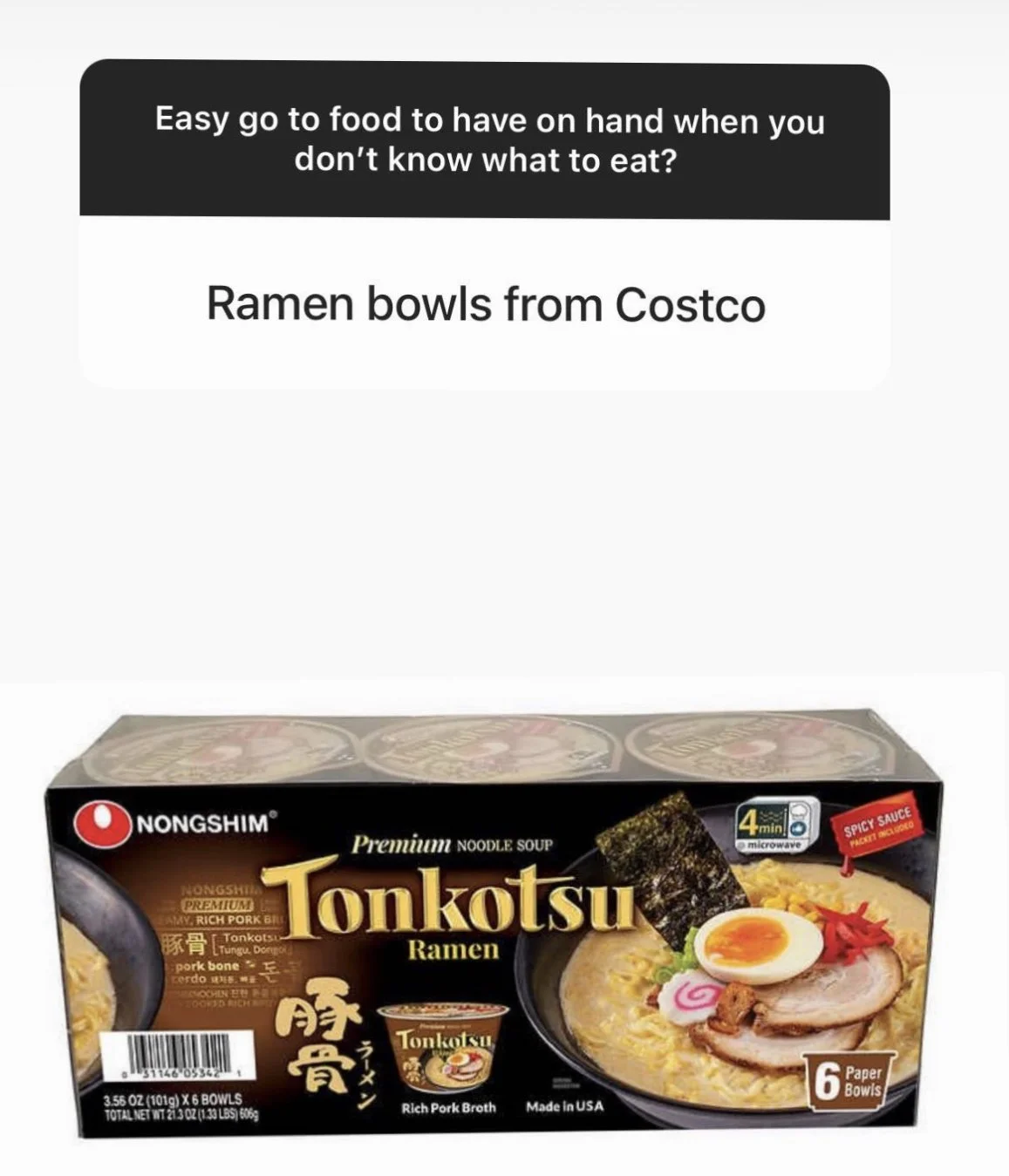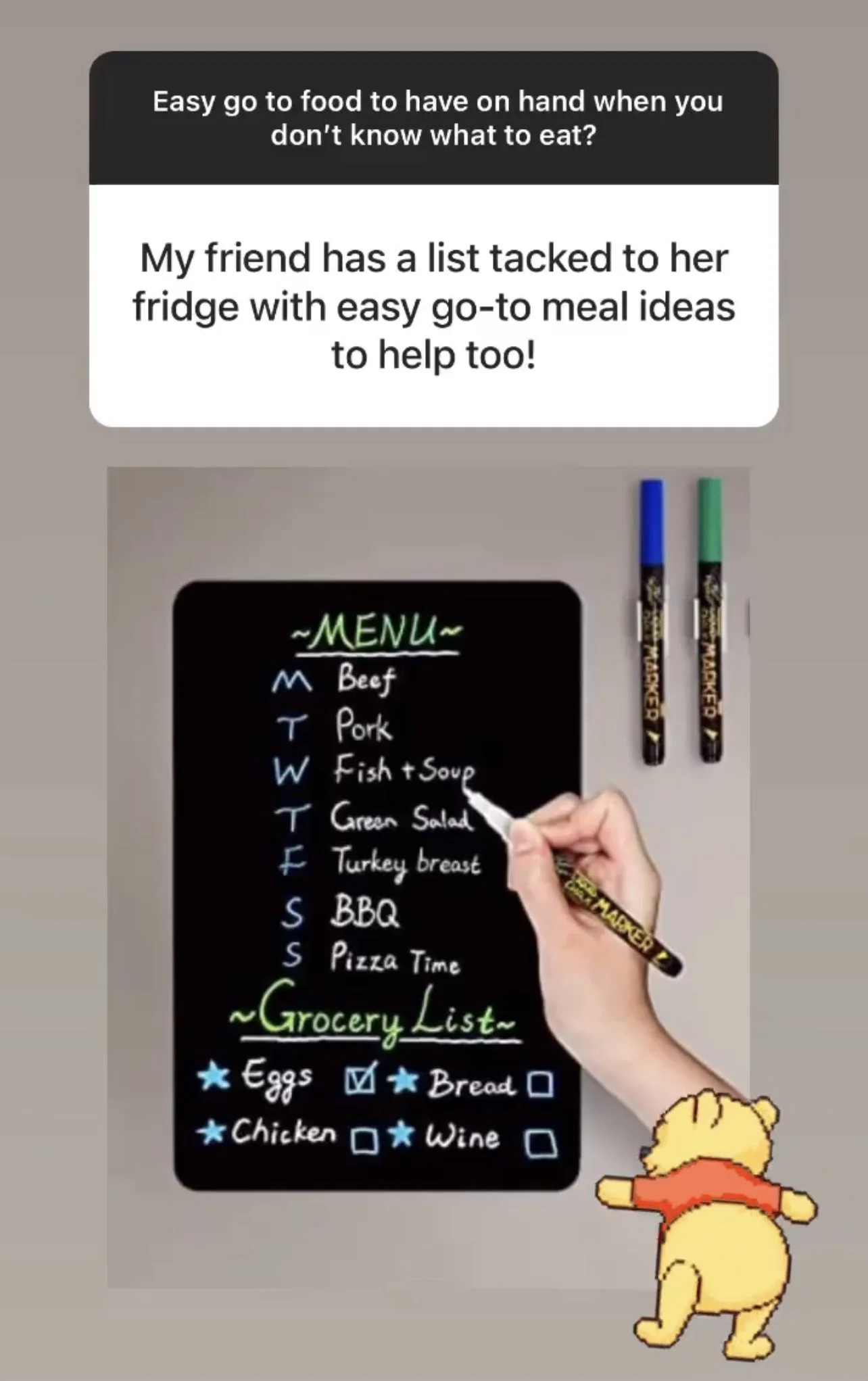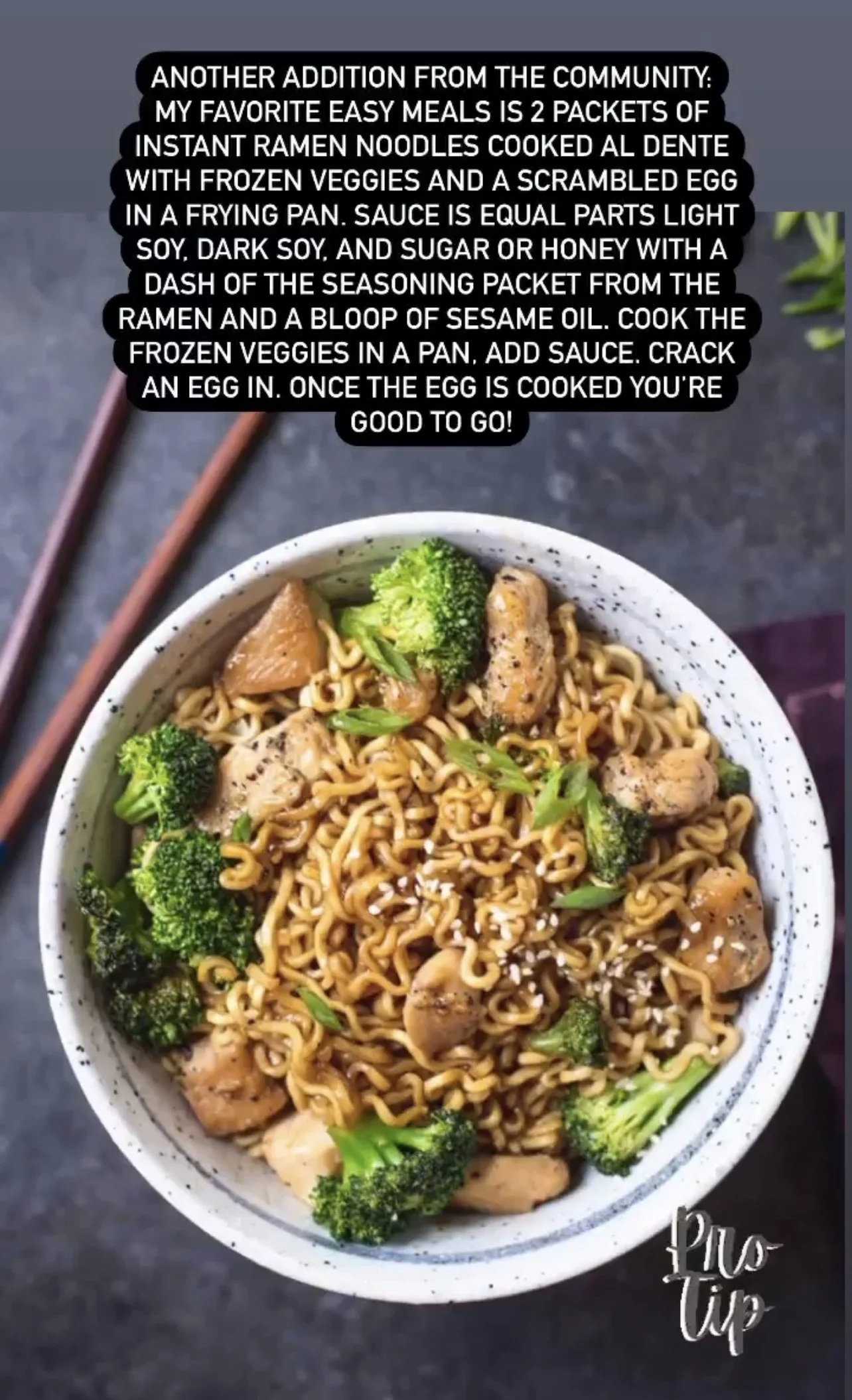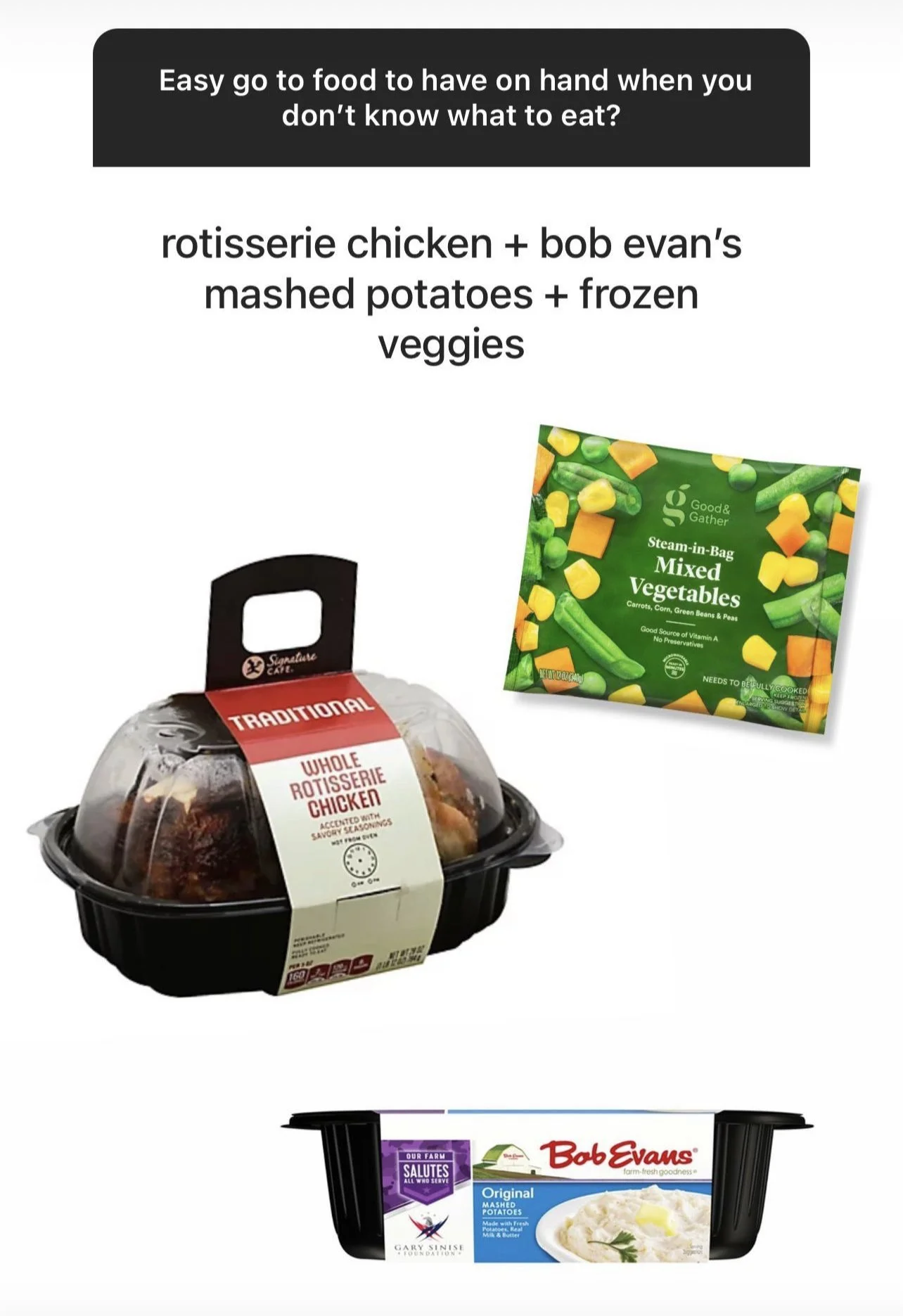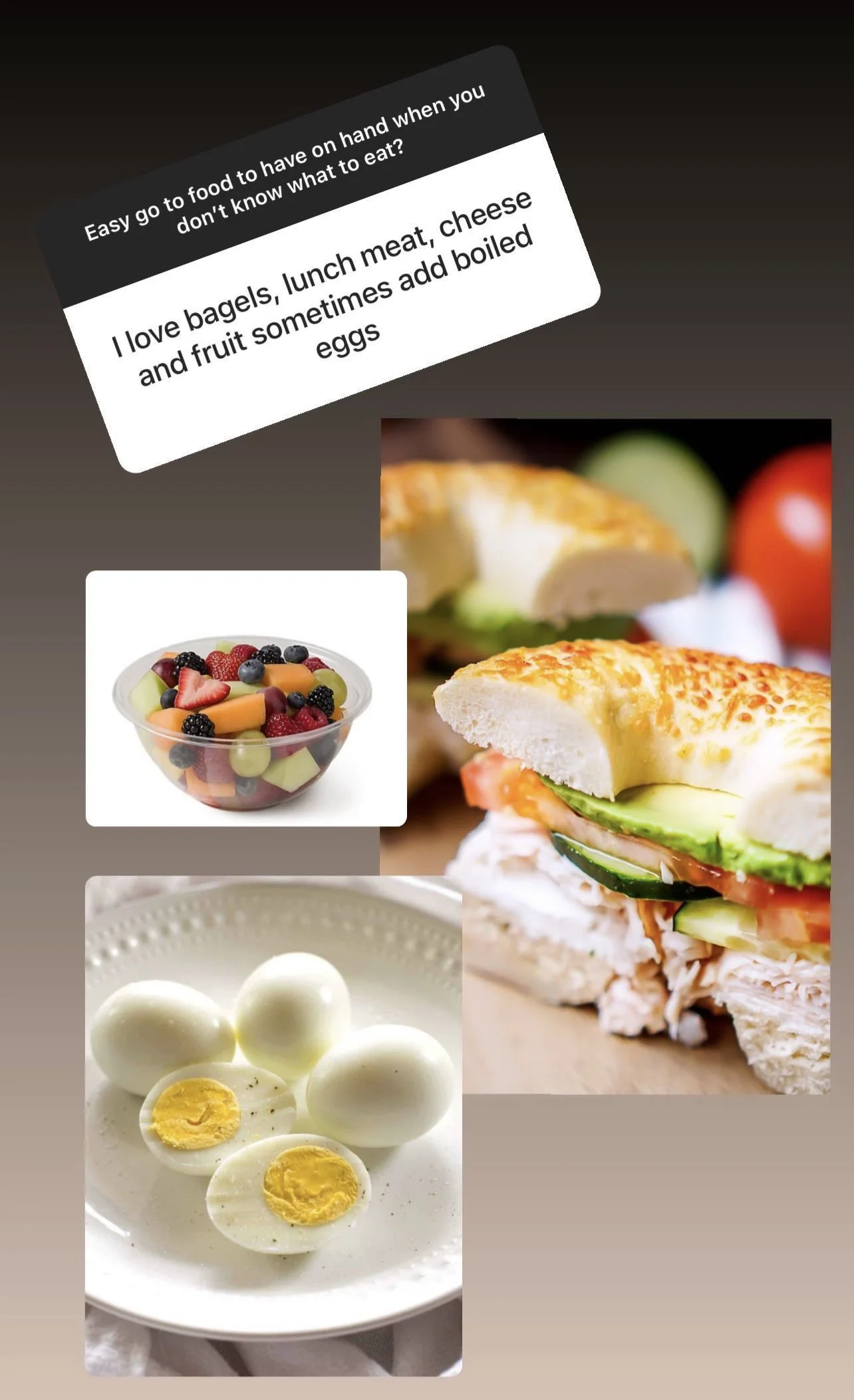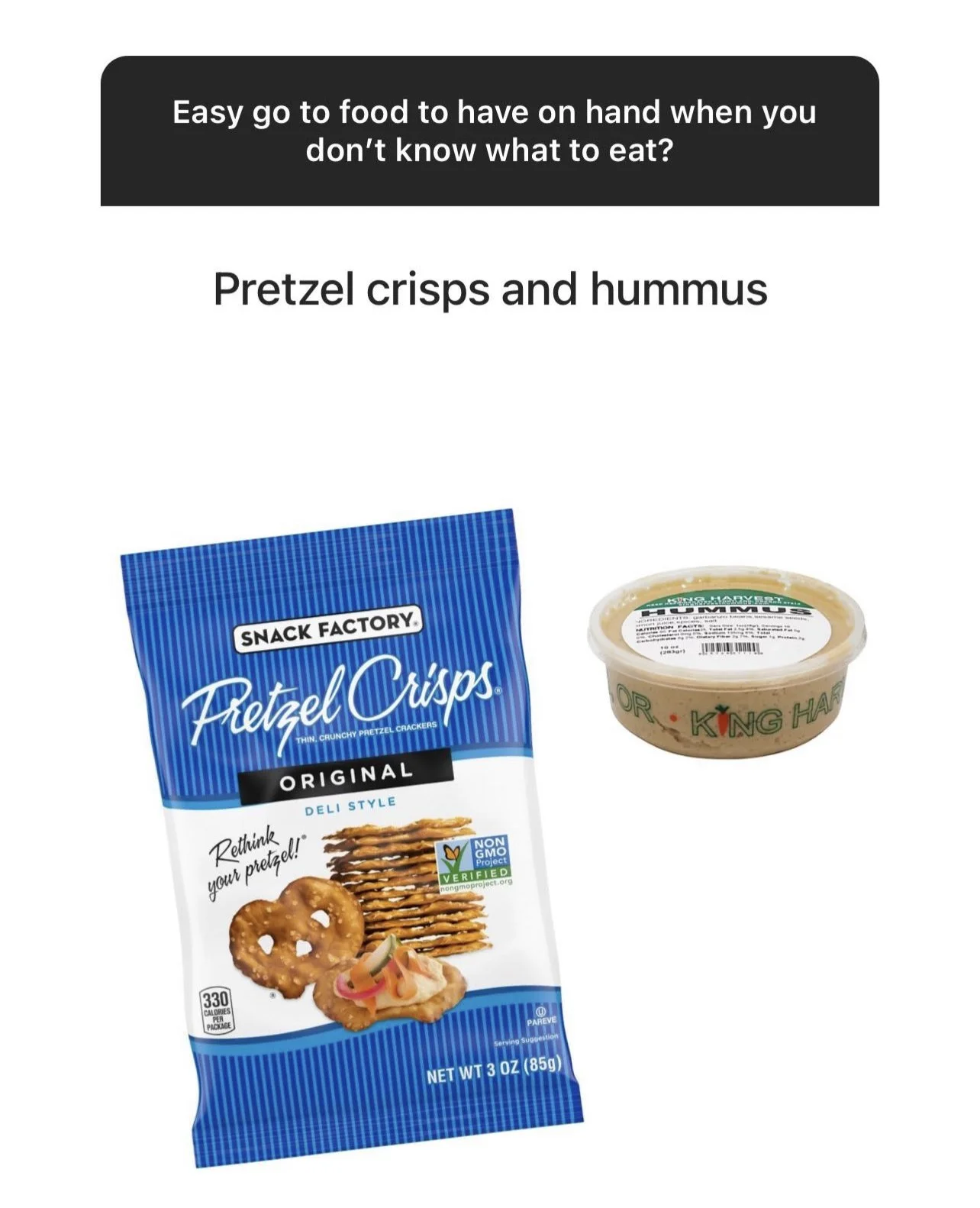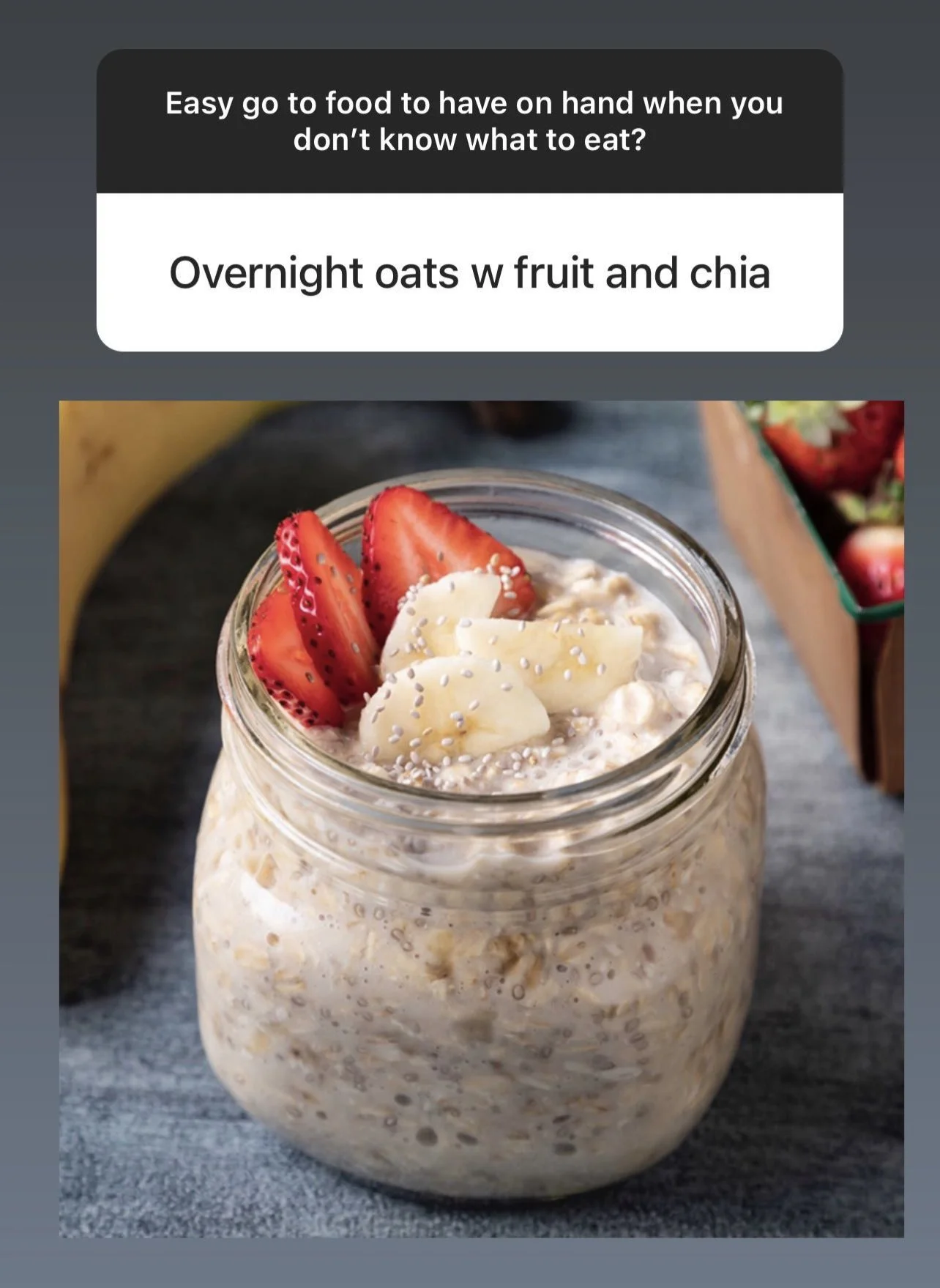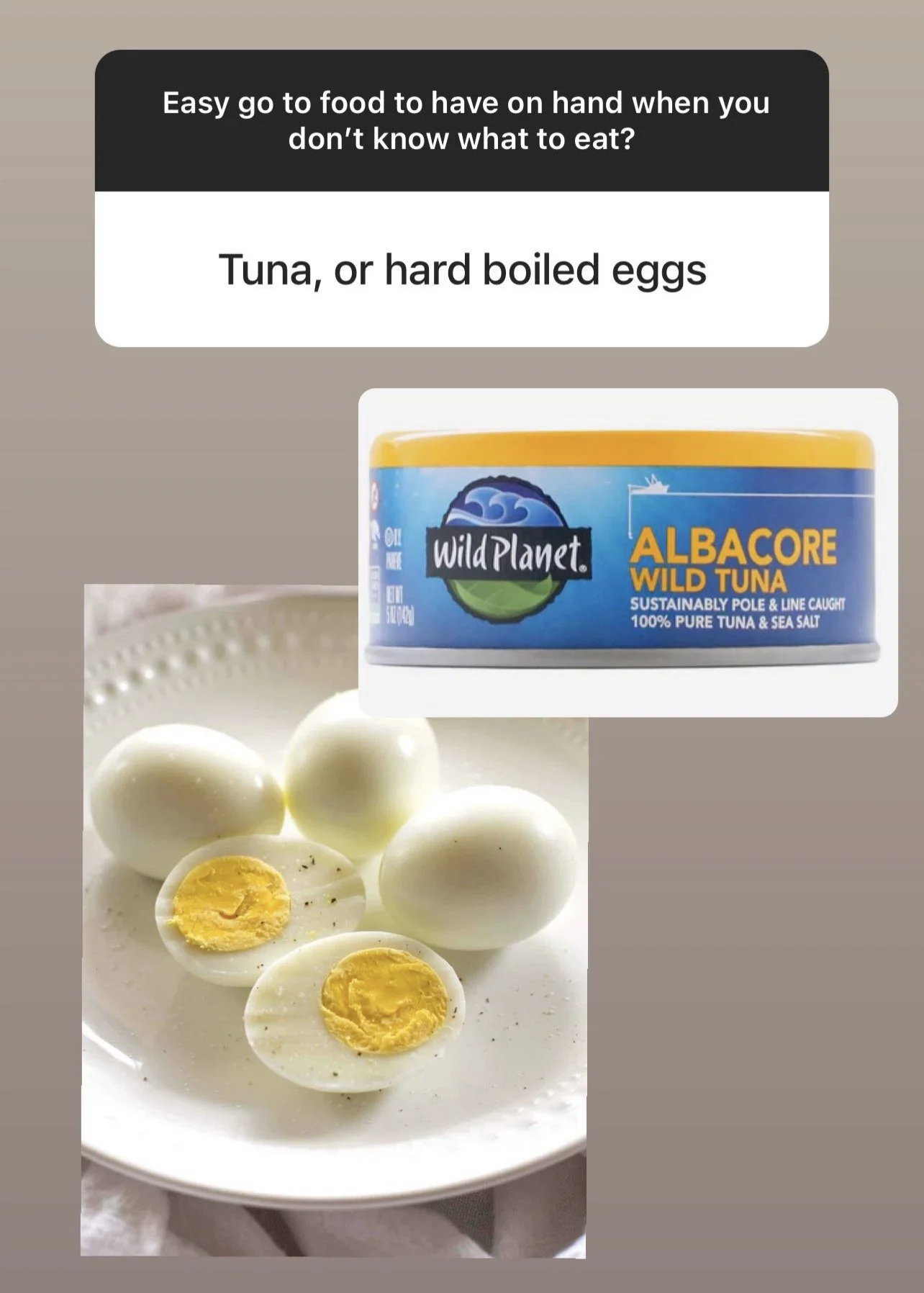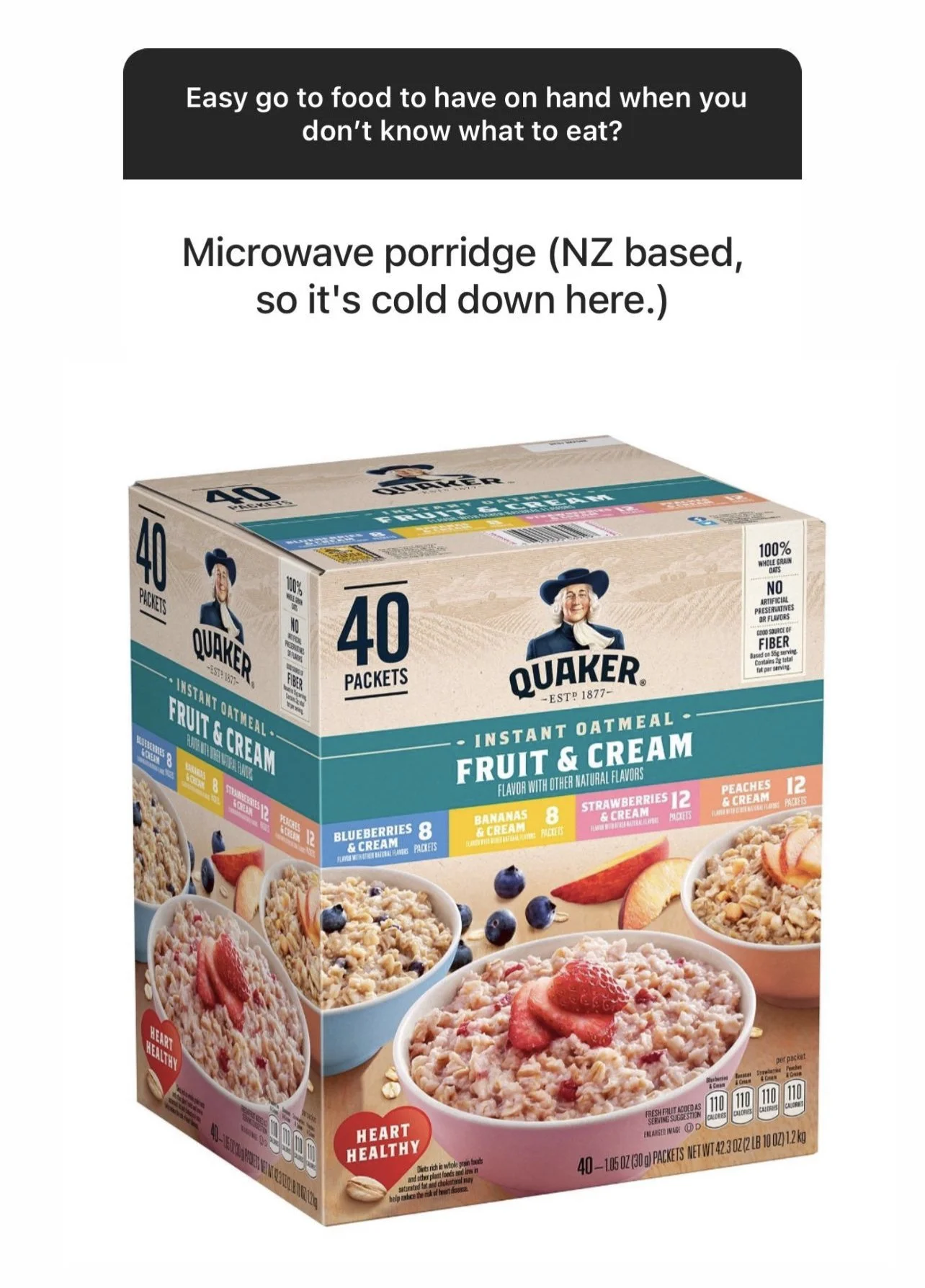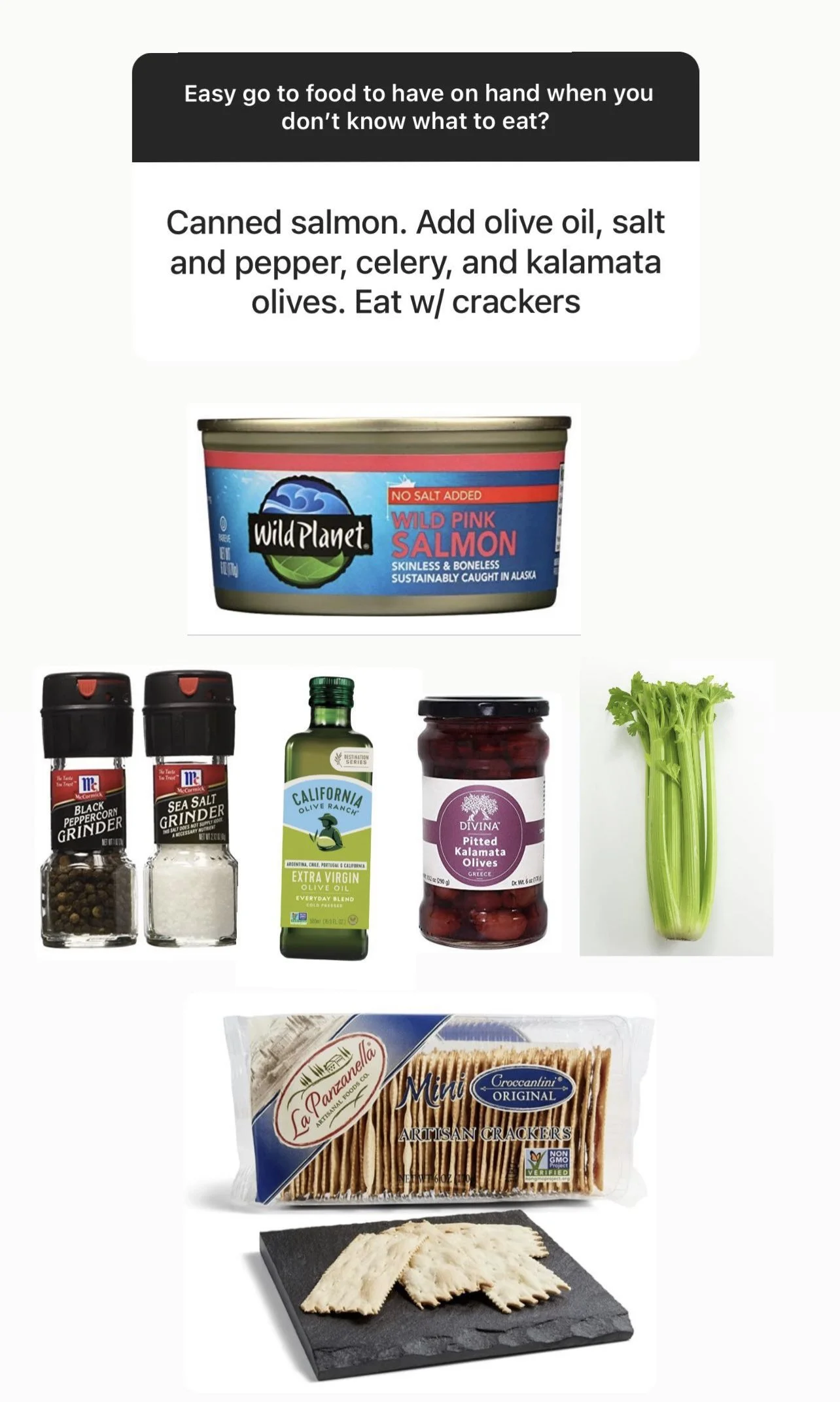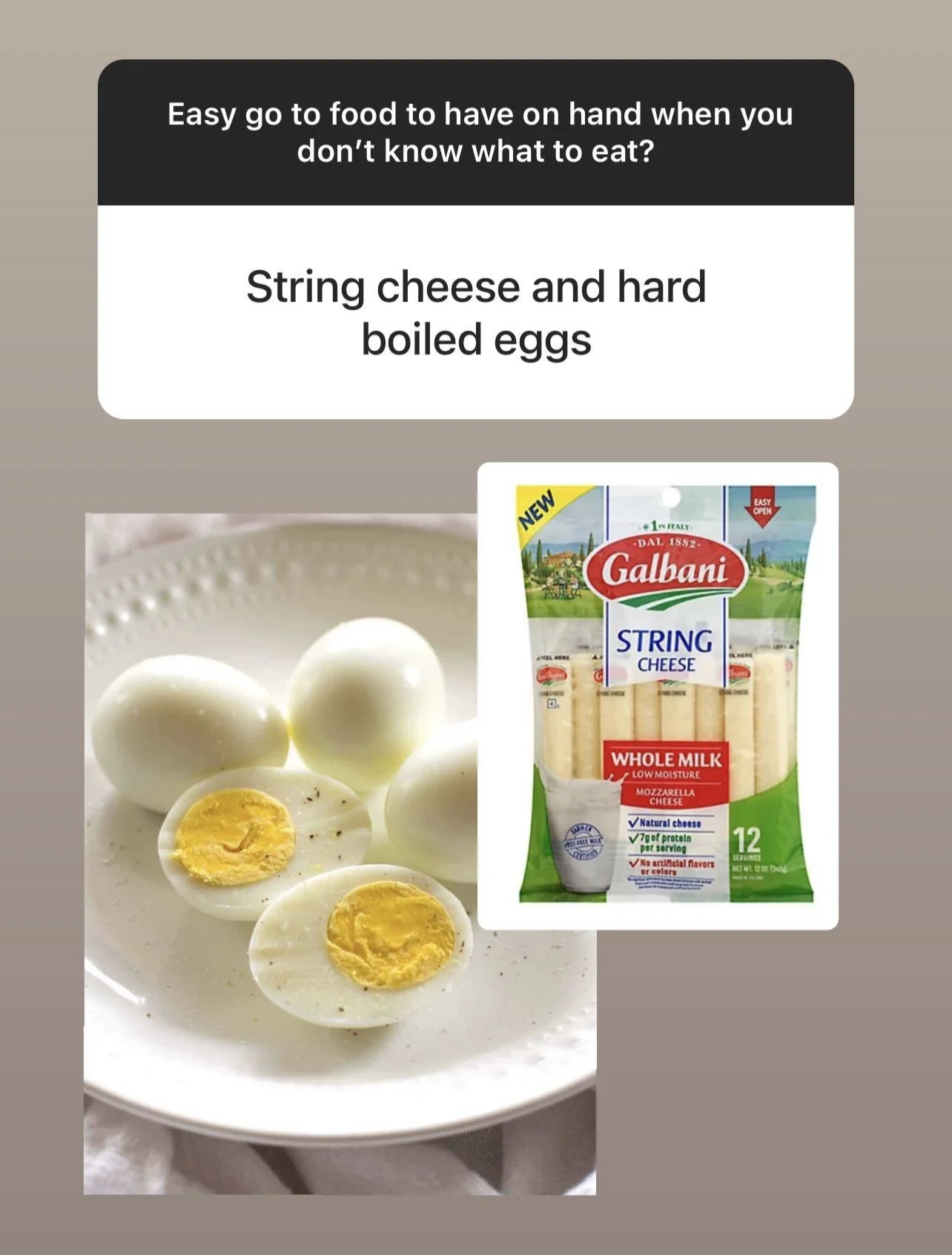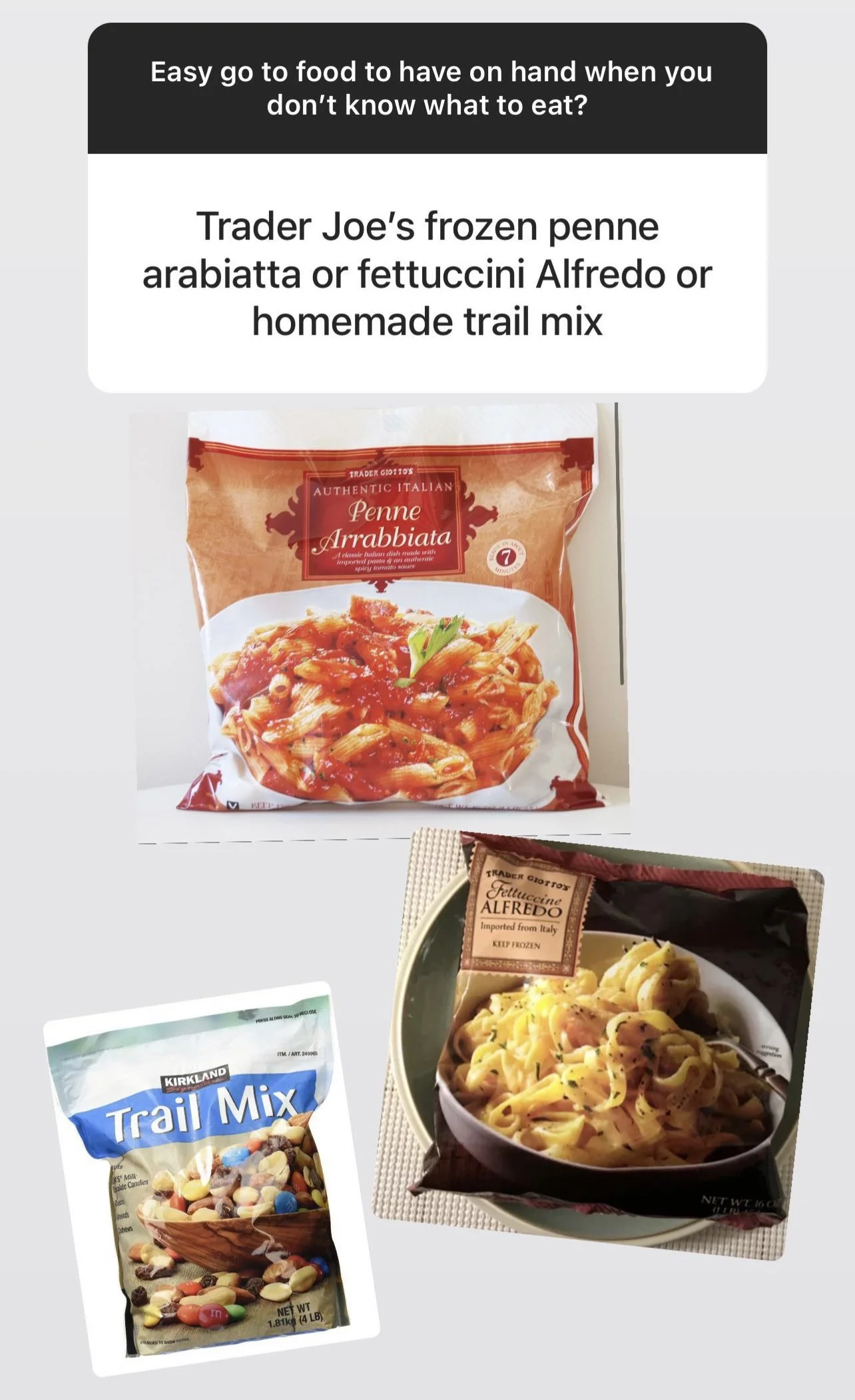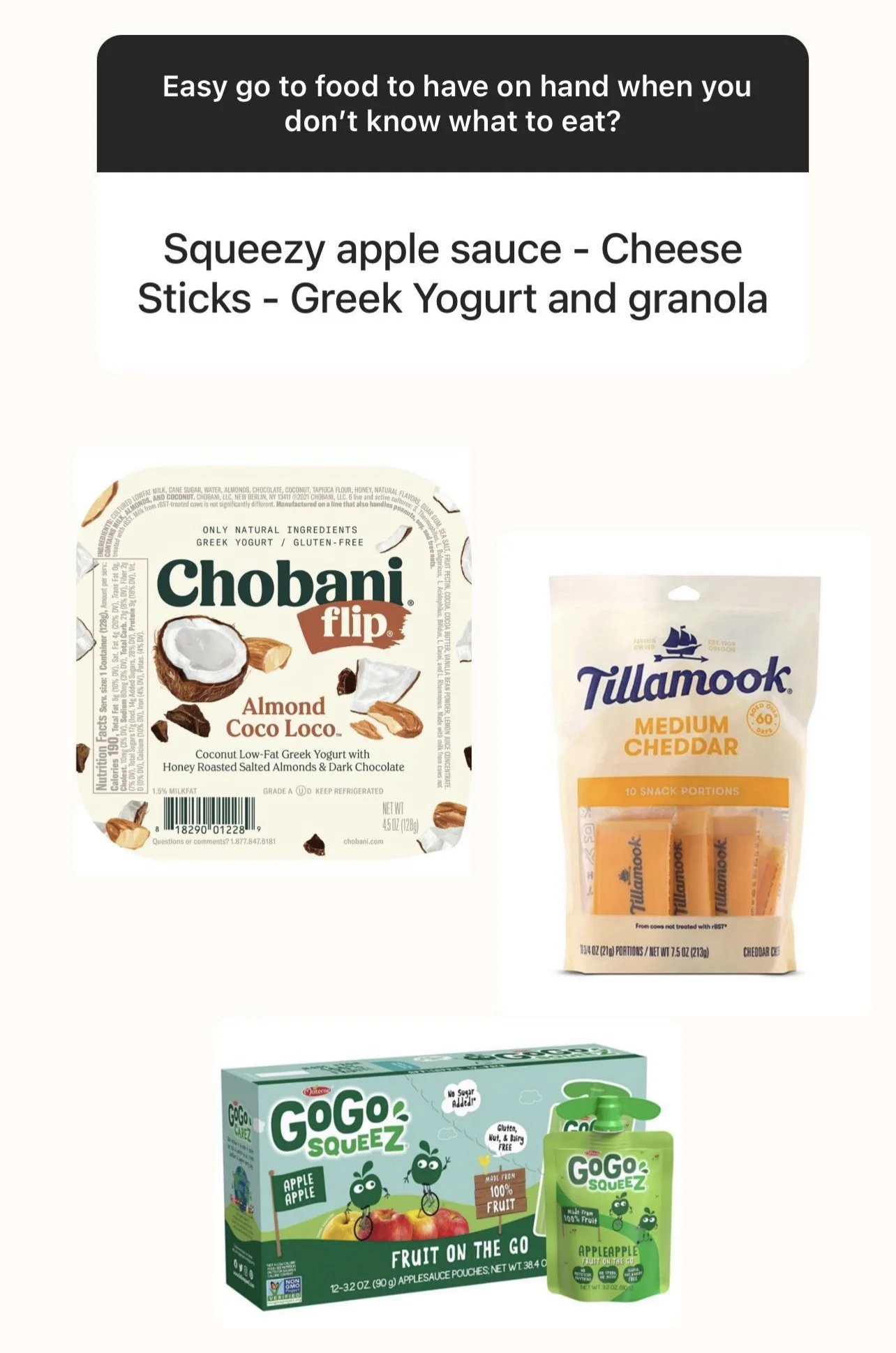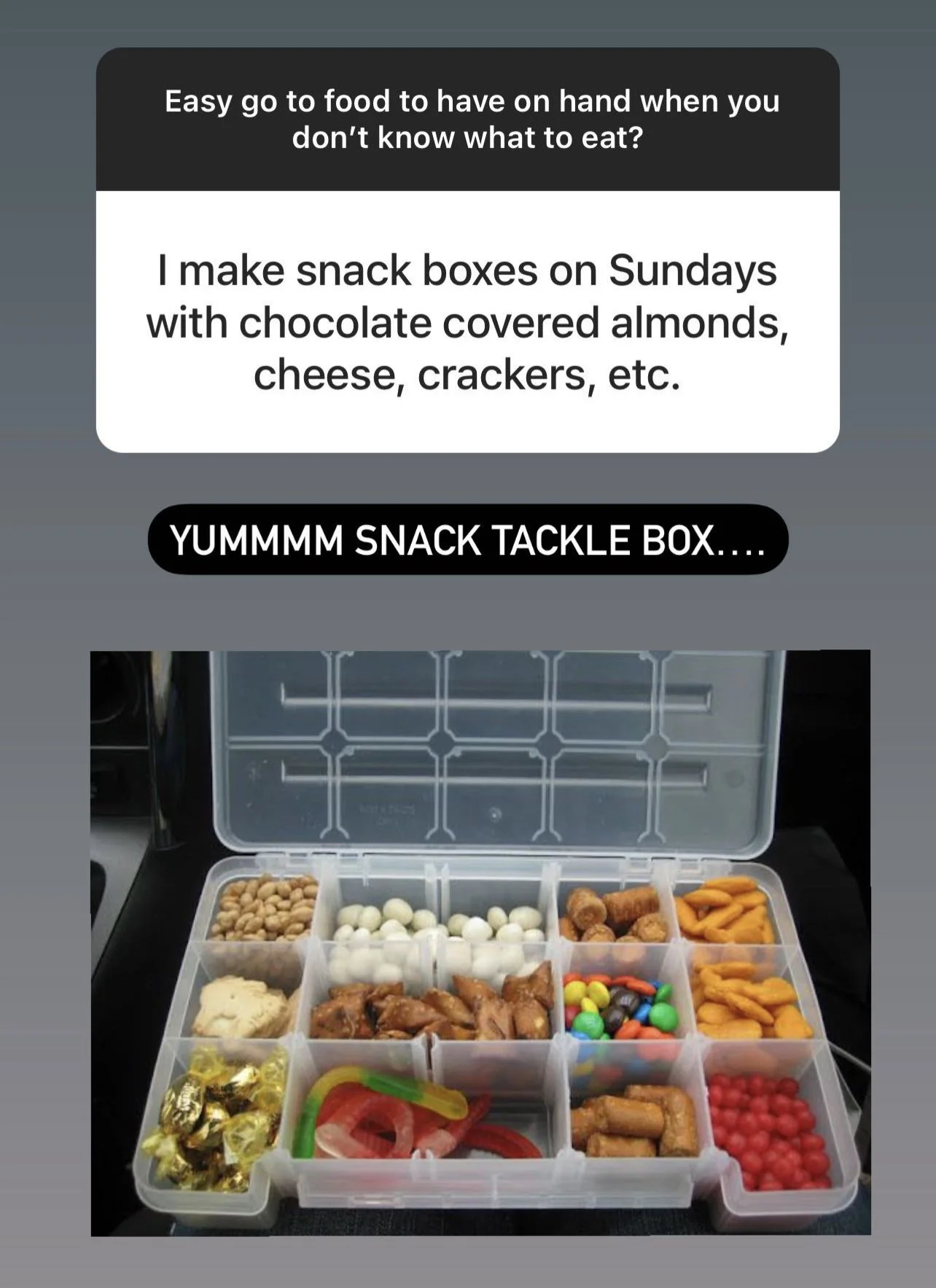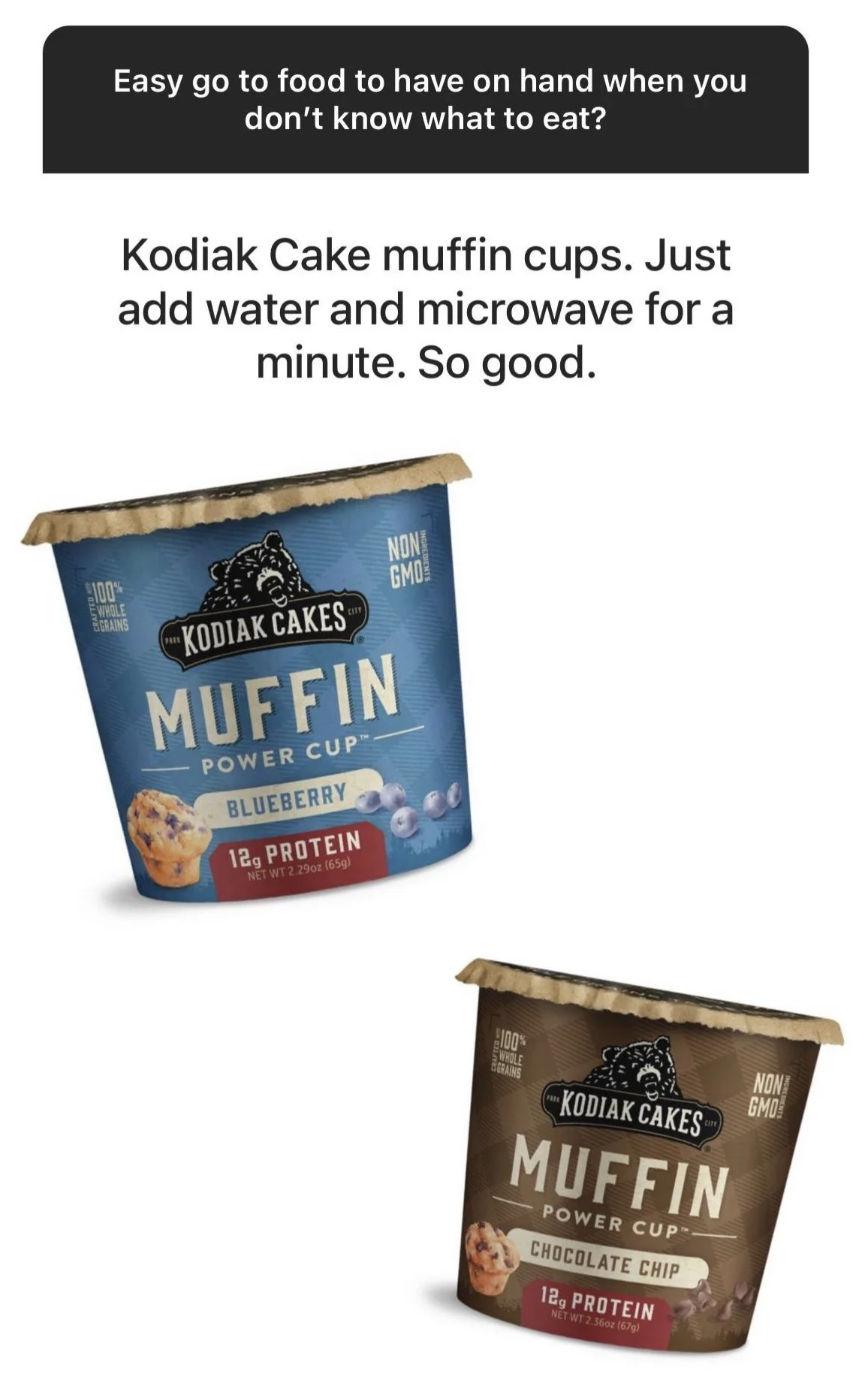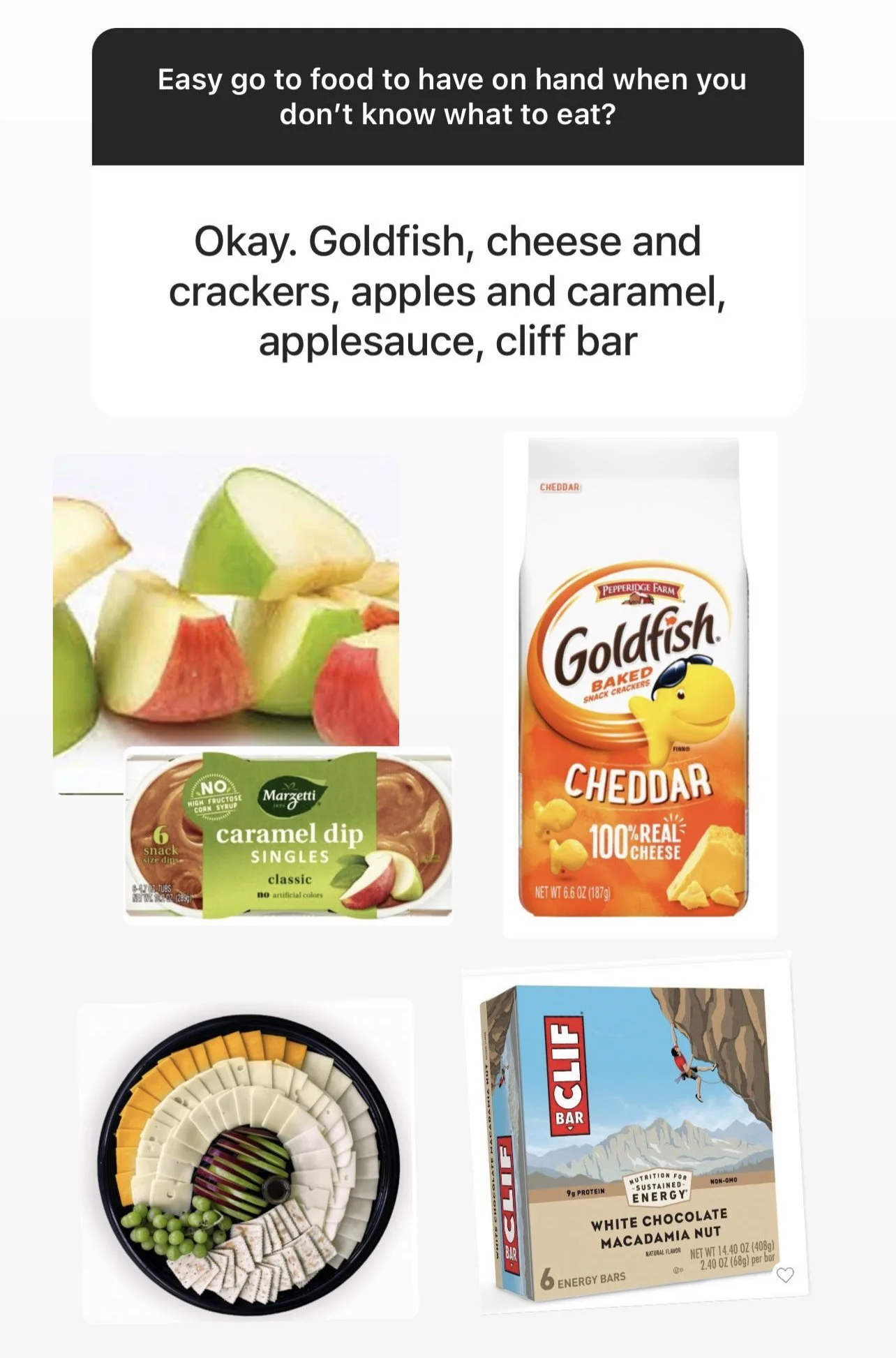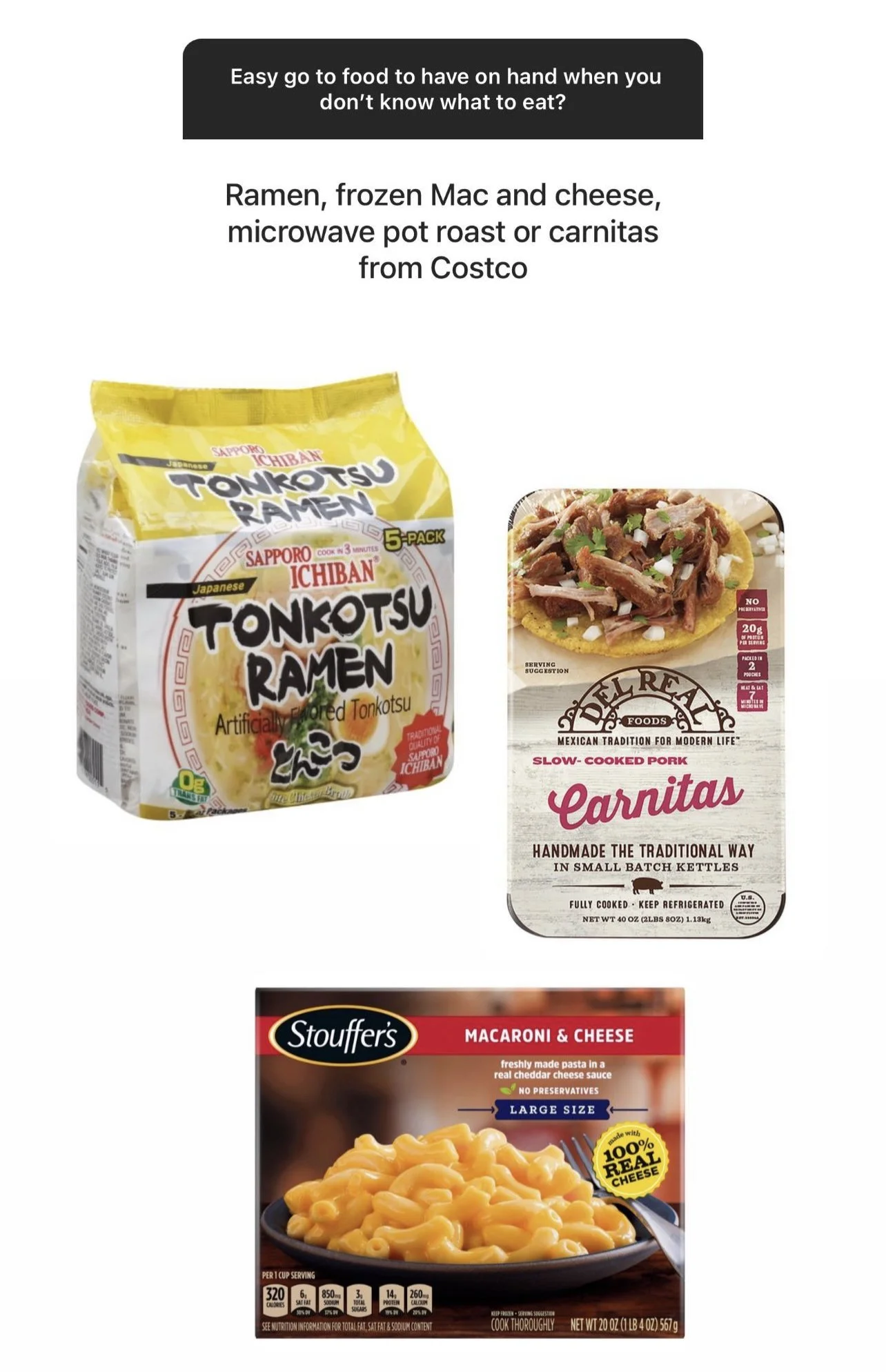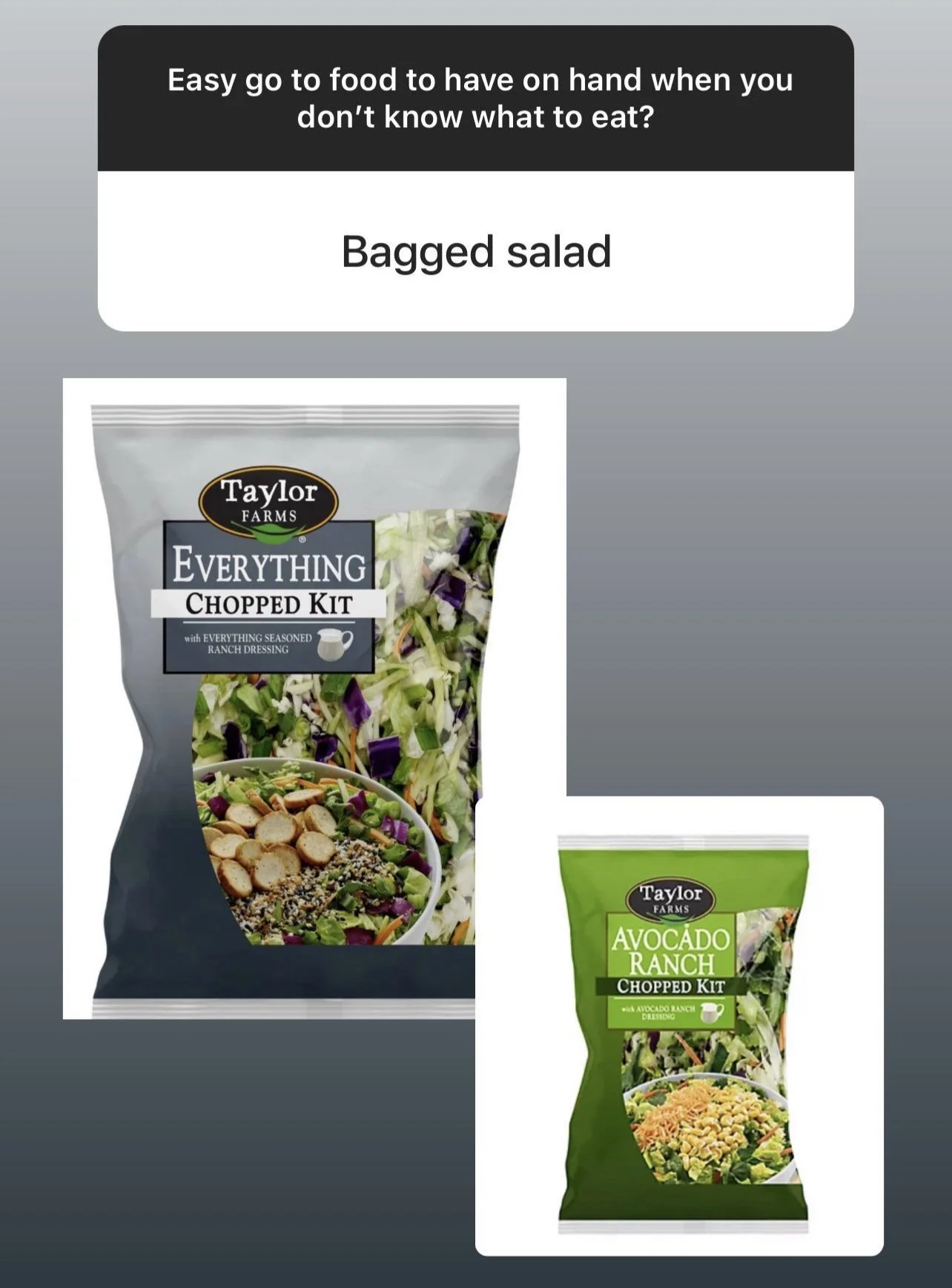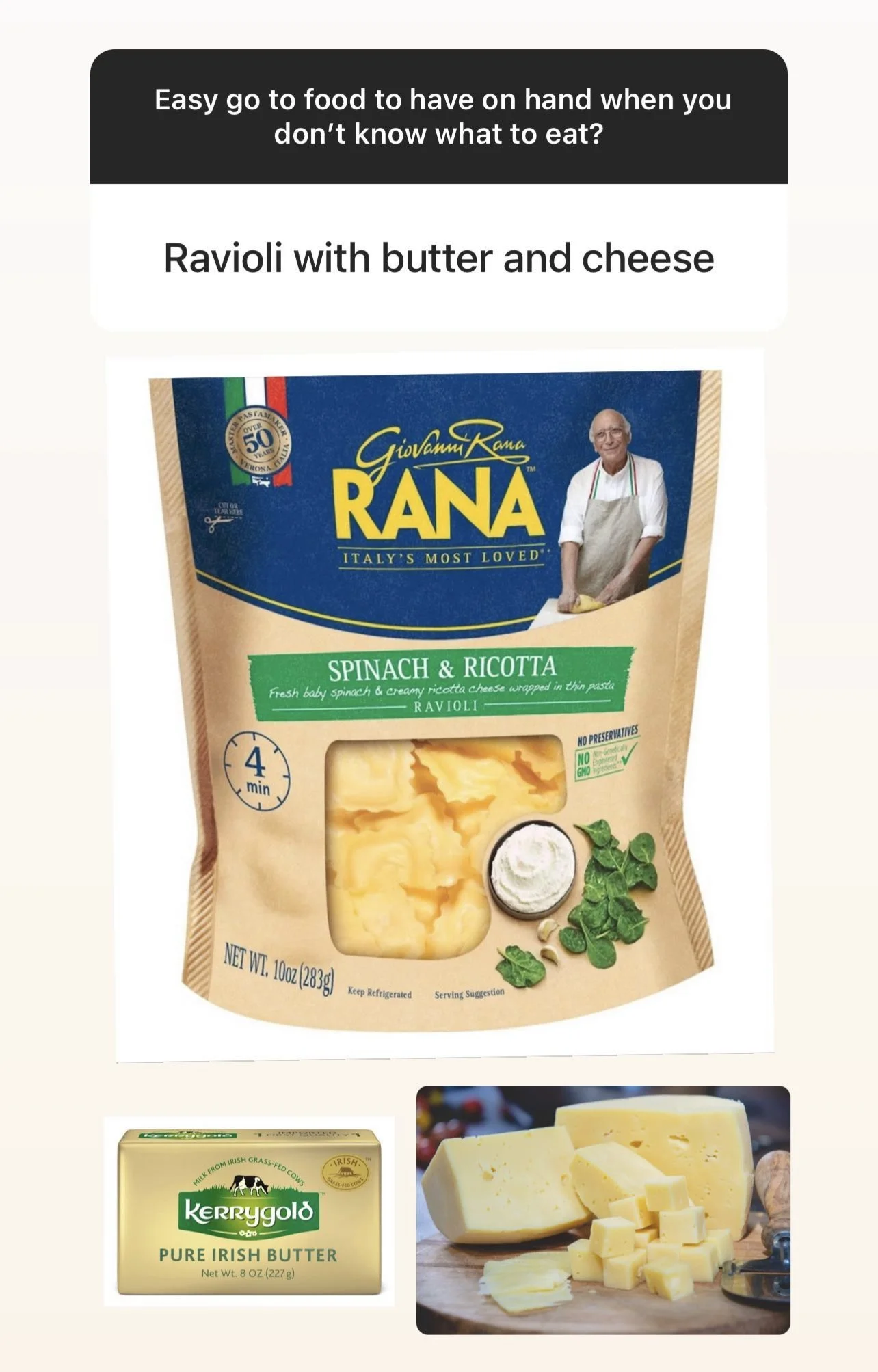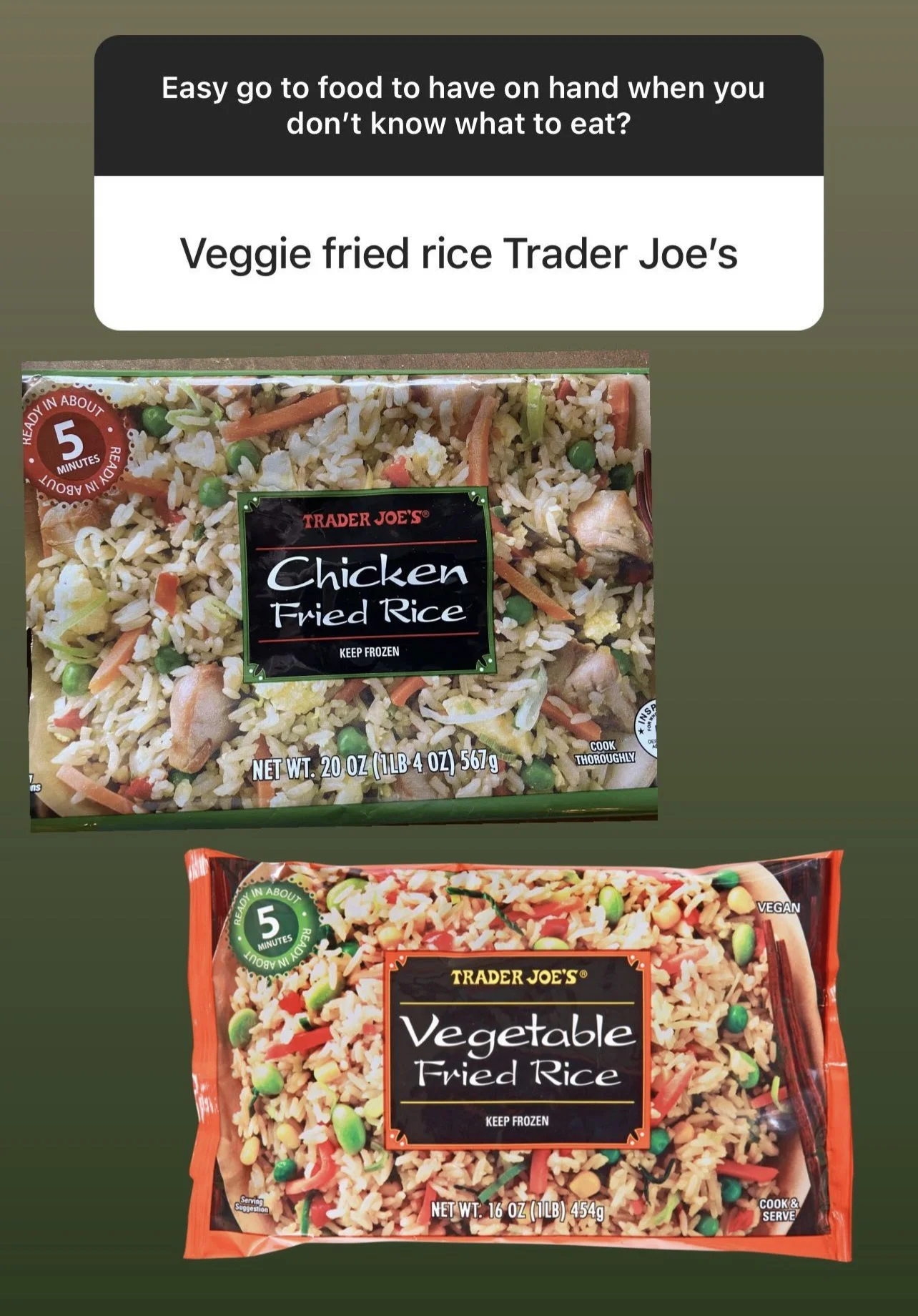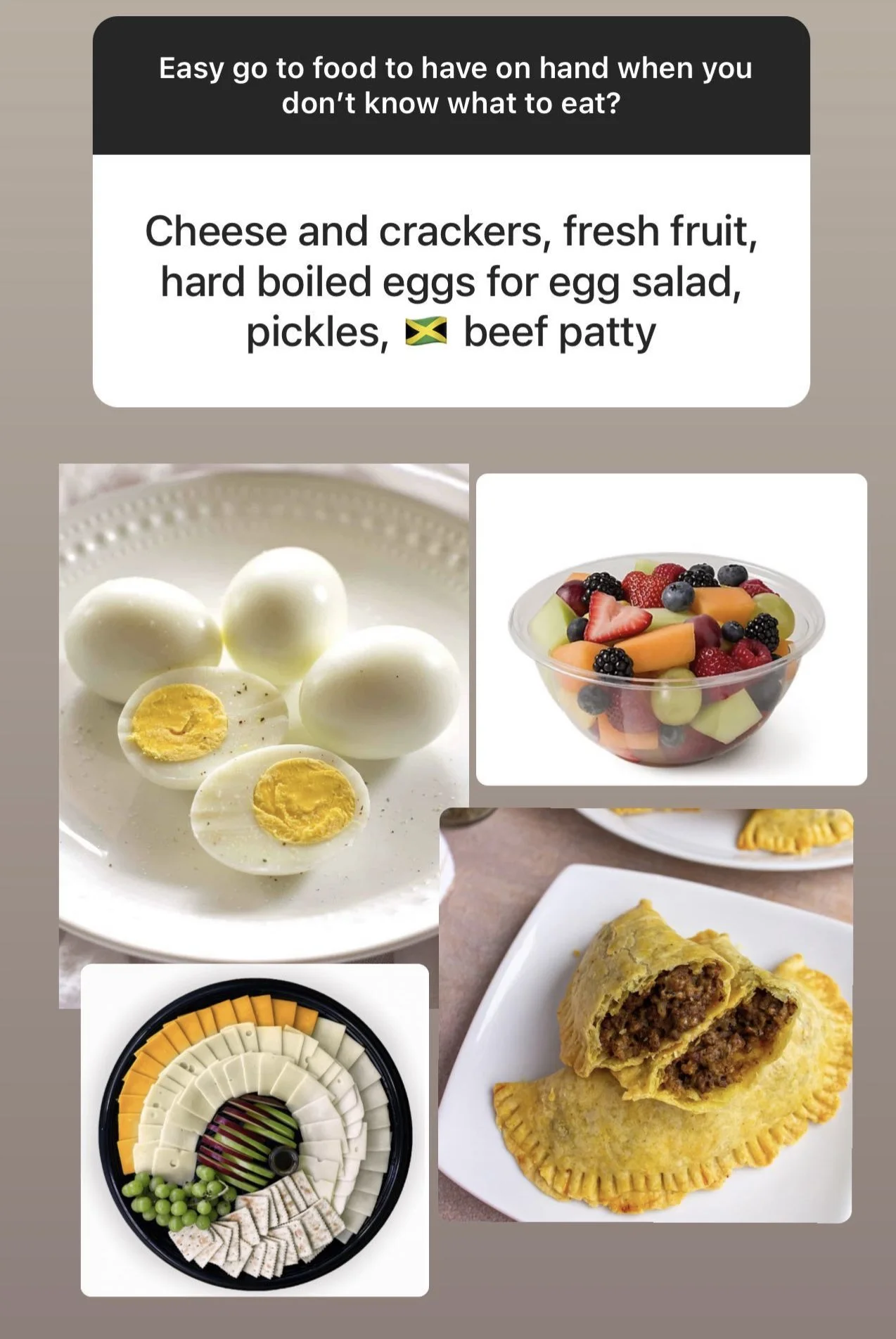Food can feel complicated if you have spent the majority of your life under the guise of diet culture and dieting.
WHAT MAKES FOOD SO COMPLICATED?
-
Many of us have been conditioned by purity culture, which reduces food to “good” or “bad”, thus impacting the moral value of how we see ourselves. When we eat something labeled as “bad”, we are bombarded with internal and external messaging that we are inherently bad for wanting, ingesting, and enjoying bad foods. Conversely, eating only “good” things can give us the opposite effect, we are seen or see ourselves as good and pure. This kind of ideology is pervasive in the newest eating disorder “Orthorexia” which is a fear of eating impure or “bad” things.
The goal is to remember the inherent neutrality of food. Foods can impact every person in a different way. You are the guide for what foods are delicious and make you feel fed and nourished in your body. It is because of this sheer fact that we know there is not one food path for all. The sooner we can unlearn the idea that someone outside of ourselves has more knowledge about our bodies than we do, the better off we will be on a personal care level.
** You can be trusted with food. You always could be.
-
Perhaps you grew up in an environment where you didn’t have access to the food you needed. Maybe your guardians couldn’t afford to stock the pantry or maybe you lived in a place where it was hard to get fresh foods. Some of you may have had a parent so dedicated to dieting that they wanted your little fat body on board with that, so you didn’t get enough to eat. For all of these reasons, it may be hard for you now as an adult, or a parent yourself, to know how much to get or what the right things to eat would be. Maybe you go to the grocery store and hit full paralysis?
First, we want to normalize all of these experiences. It’s not and never was your fault that you didn’t have access the food and nutrition you needed as a kid. If you watched people struggle to feed you, it makes so much sense that you’re feeling confused now.
-
The hardest pill to swallow is that often our doctors and caregivers are the folks who initiated or exacerbated our eating disorders. Maybe you have an ED that you are in recovery of, or maybe you just feel fucked up around food from your childhood. There’s a ton of data around how restrictive dieting actually causes weight gain. And yet we are still prescribed dieting as a means to “heal a fat body” which is absolutely ablest and pathologizes fat bodies. Being fat is not a disease; bodies come in all shapes and sizes and they change with time, experience, environment, and cultural climate. We don’t actually have the control around our size that we are taught to think we do. This is why it angers people when we give up the “fight”, when we stop trying and start noticing and trusting our bodies to guide us. Because it feels like a giving up, rather than what it is: a reclamation.
It’s also by design that femme presenting people are indoctrinated into diet culture from as early as three years old. If we are mentally preoccupied with body fixation, we aren’t able to critically think about much else. It’s also much easier to control the mind and body of a malnourished person than a fed one.
There is very little data on non-white individuals with ED’s, because of the way the medical system devalues black and brown bodies. To get an ED diagnosis is a privilege in the United States. Please be aware of that if you notice a lack of support or information for non-white folks. Thankfully, there are amazing therapists and ED professionals working to dismantle this paradigm so that all bodies are given the same access to care, especially fat bodies.
-
We also want to acknowledge that food scarcity (fear of when your next meal will come) and poverty in the US was created by design. In the 1930s, federal agencies and banking conglomerates in America started redlining.
“The term “redlining” was coined by sociologist John McKnight in the 1960s and derives from how the federal government and lenders would literally draw a red line on a map around the neighborhoods where they would not invest based on demographics alone.” (Investopedia)
The government planned cities with affluent white people in mind, making grocery stores, bus lines, farming, stores, etc more accessible for affluent white home owners. This made it increasingly harder for black, brown, and poor people to acquire housing, gain equity, and to be well fed. Lack of grocery stores within accessible travel distance, limited access to restaurants, and fresh food options are all still issues in North America today.
As we mentioned in the ED section, the medical system treats black and brown bodies very differently than white bodies. When we are working with food and our food history, it’s imperative to widen the lens beyond the plate in front of us. When we do this, we realize food is much more complicated than good and bad. Food options, fresh food, and being well fed is a privilege in this country.
Where do we go from here?
-
Neutralize Food
We have to unlearn that any food is good or bad. This is about experimentation, curiosity, and kinda bumbling through it.
There is nothing you can eat in a day that will “ruin” anything. In this exploration, there may be foods that don’t sit well with your specific body. Perhaps there are foods you have been denying in the name of health that your bod loves, trust that. -
Order Grocery Delivery or Pick-up
Due to the pandemic many grocery stores now offer home delivery or can shop for you and it’s an easy pick up!
The benefit of this is that you can sit down in a comfortable place and figure out what you want. Sometimes the grocery store can feel chaotic or stressful. This ensures you get the time you need to choose what works best for you right now. -
Get Support
It may help to have a therapist or someone who you can check in with when you need some extra support. Perhaps you have a friend who loves to grocery shop and wants to go with you! There is nothing shameful or weird about struggling with food choice or procurement.
If you have any neuro-divergence, it can also be challenging to get clear on what you want, or what steps you will have capacity for. Below we share some food ideas that might help!
Need some support?



